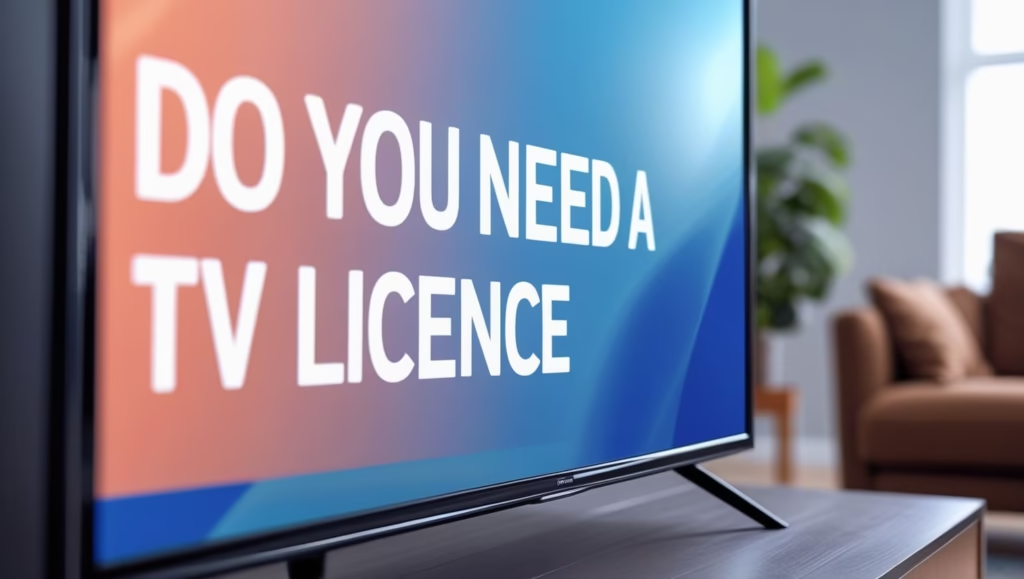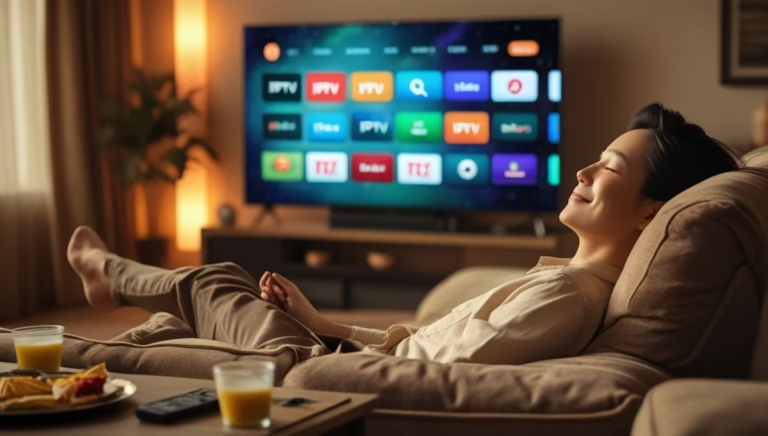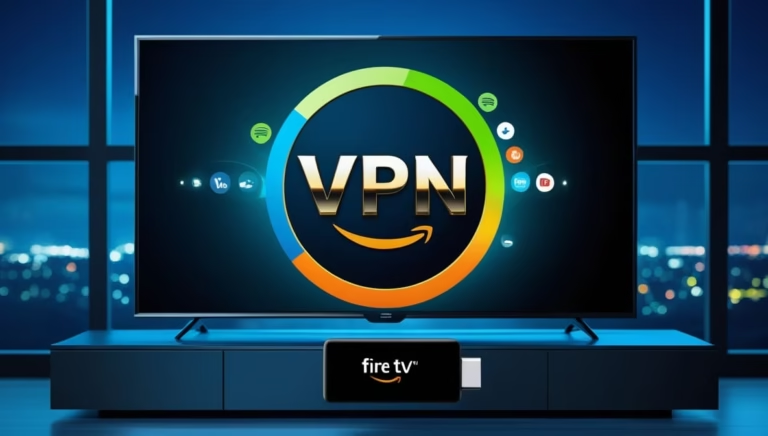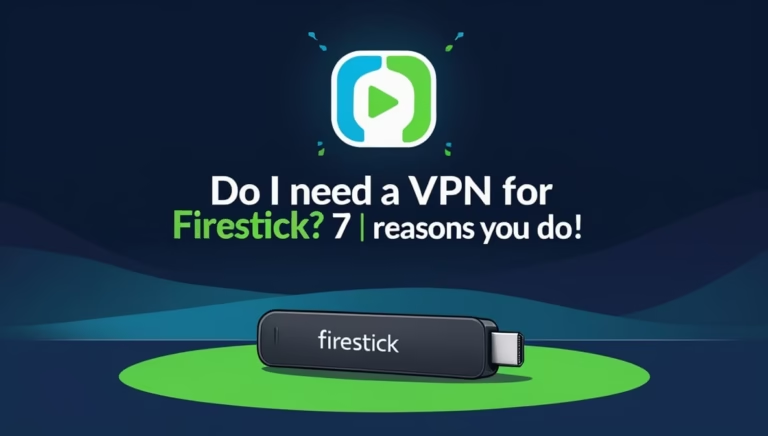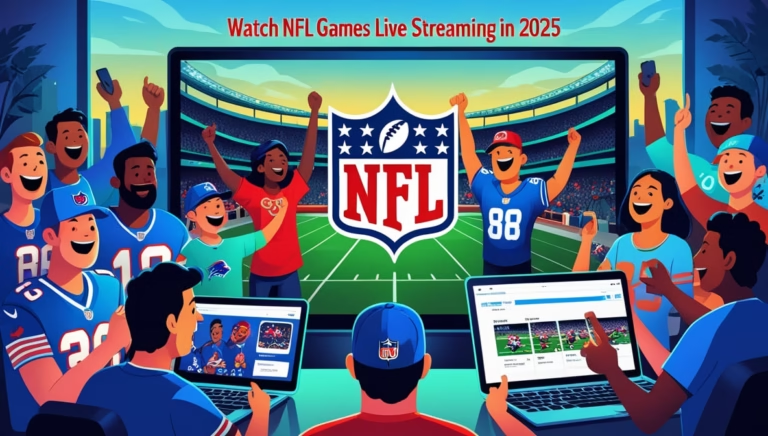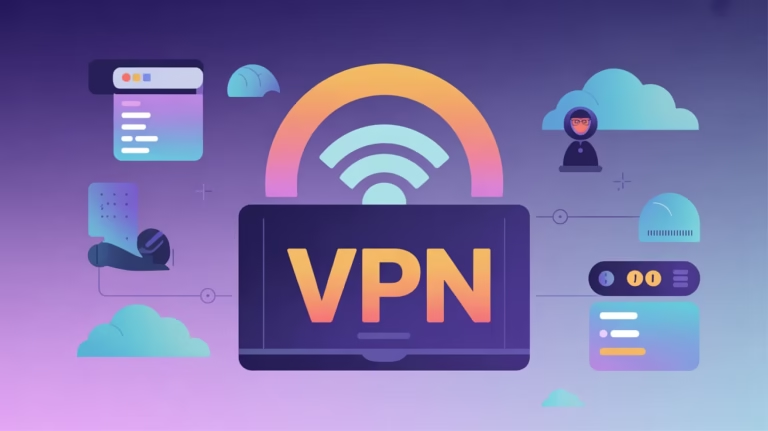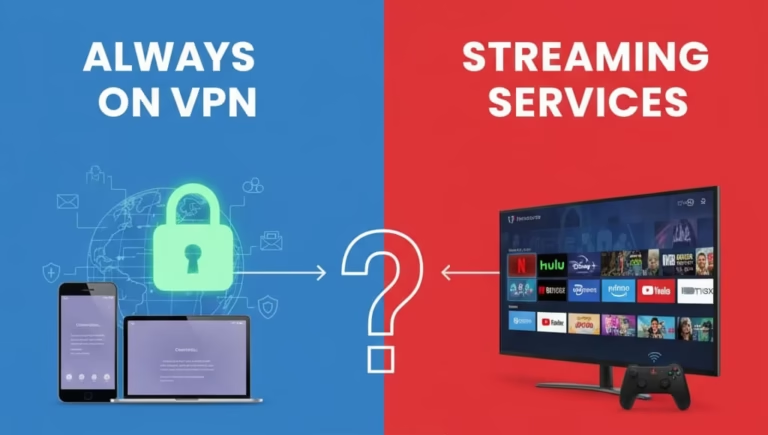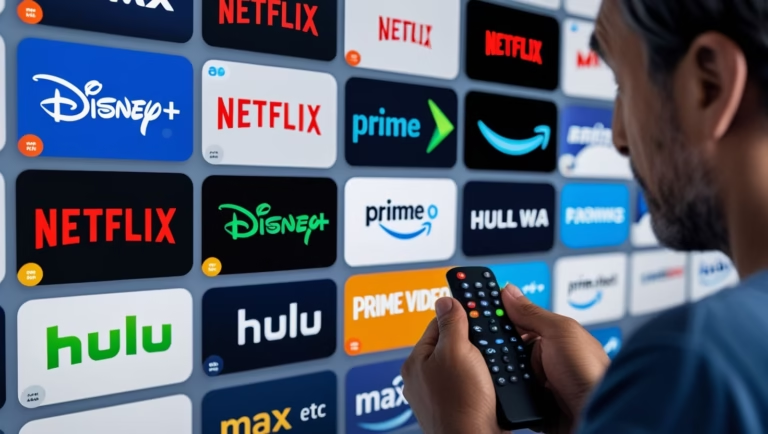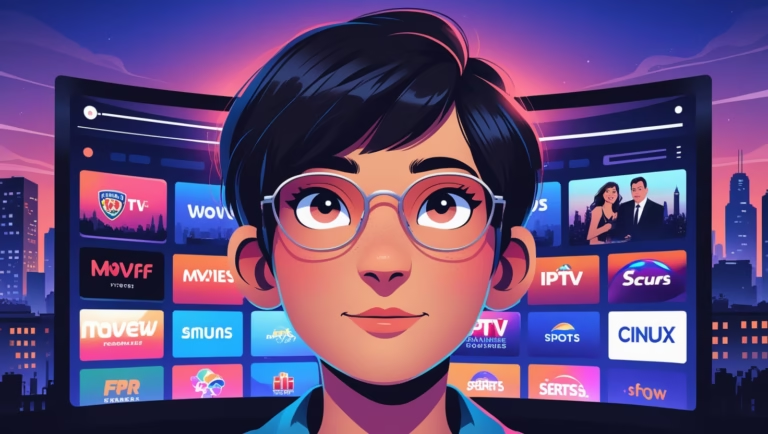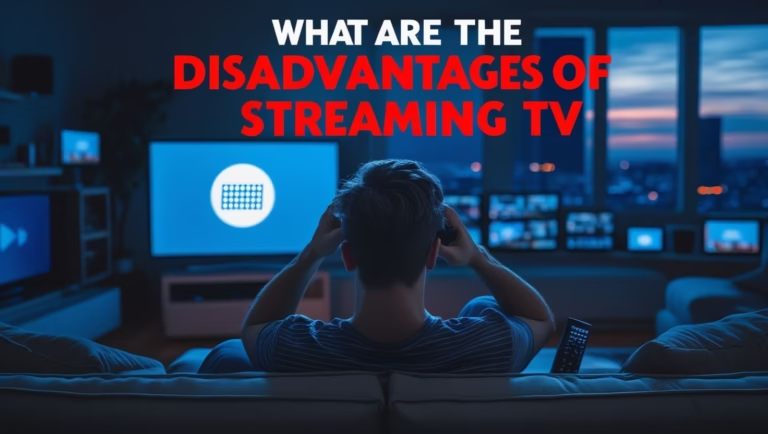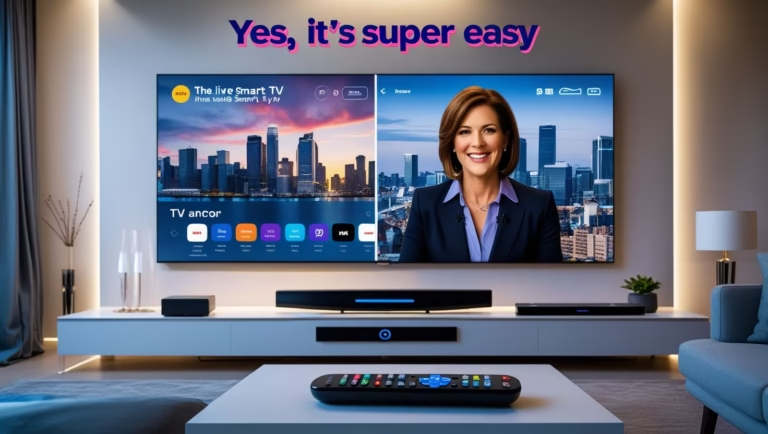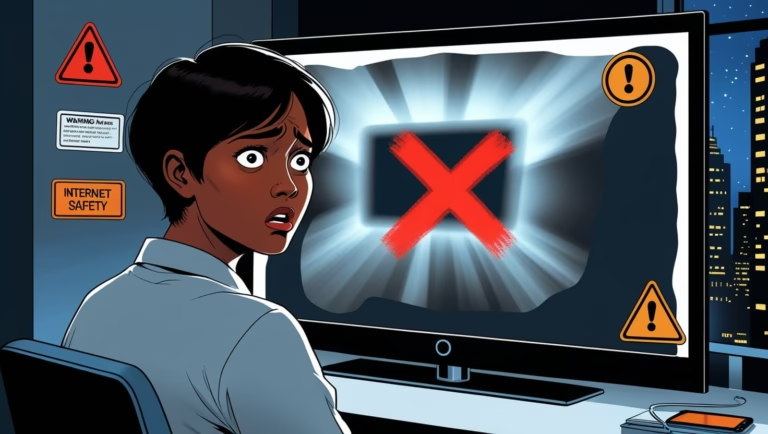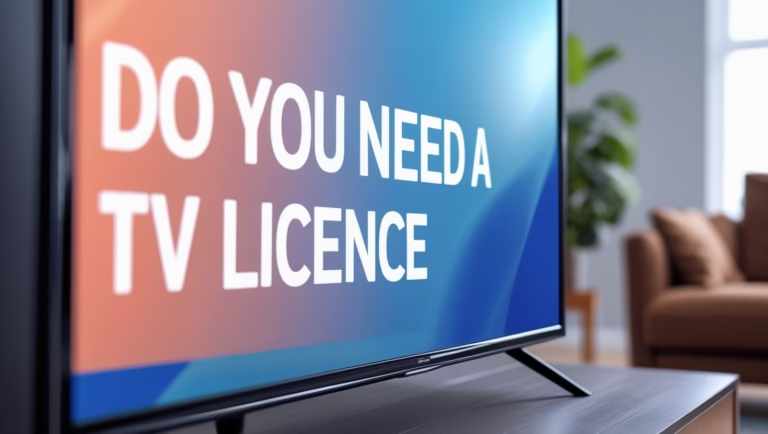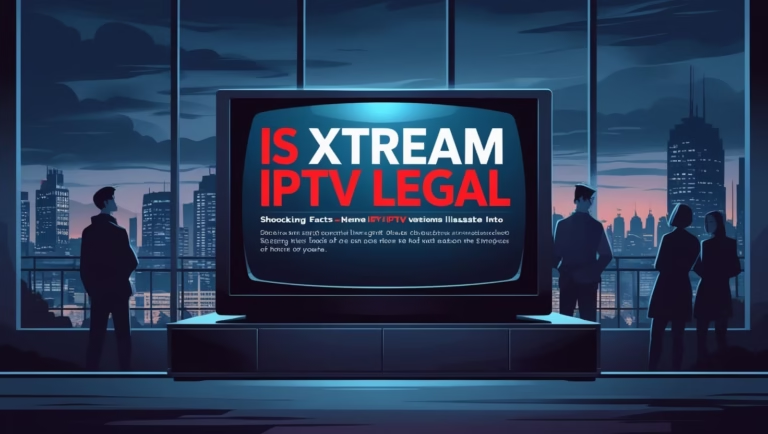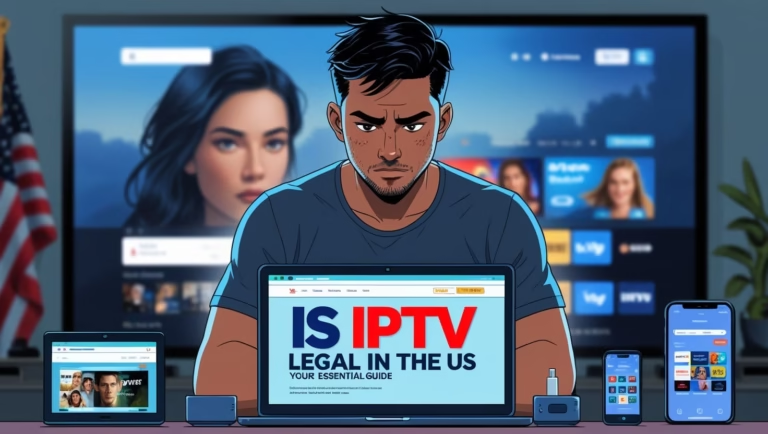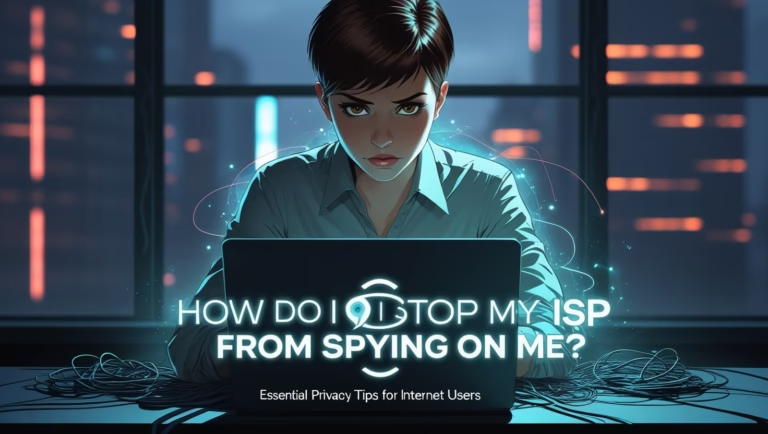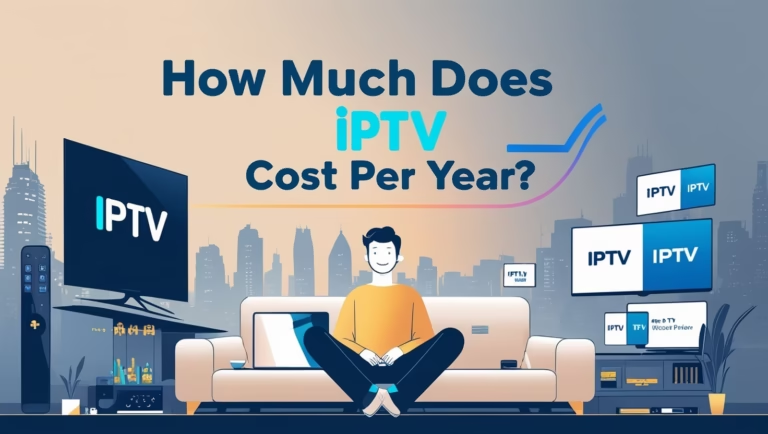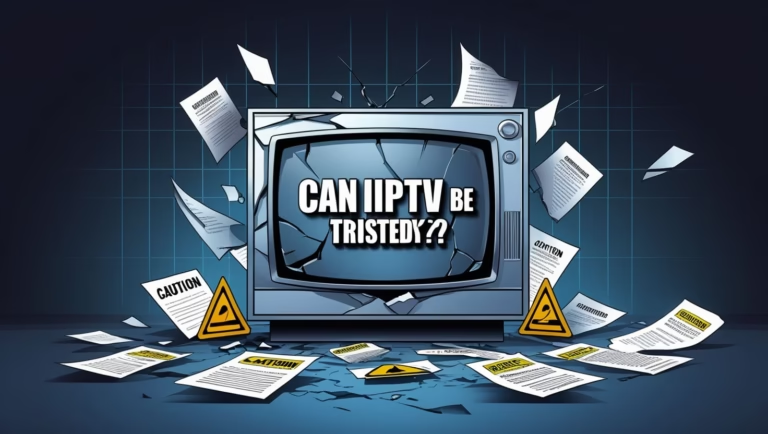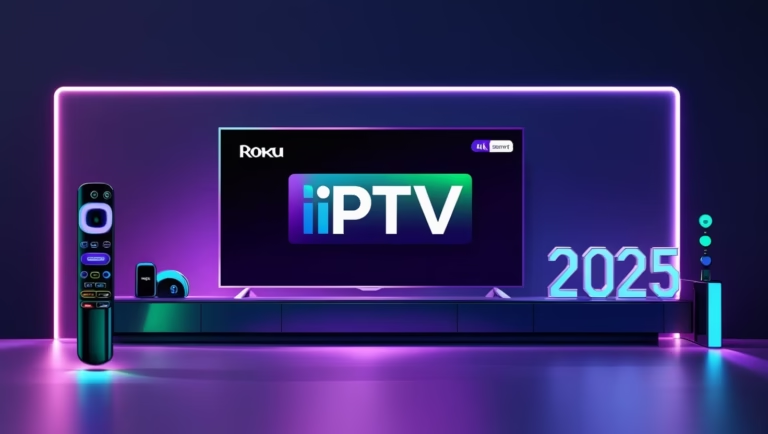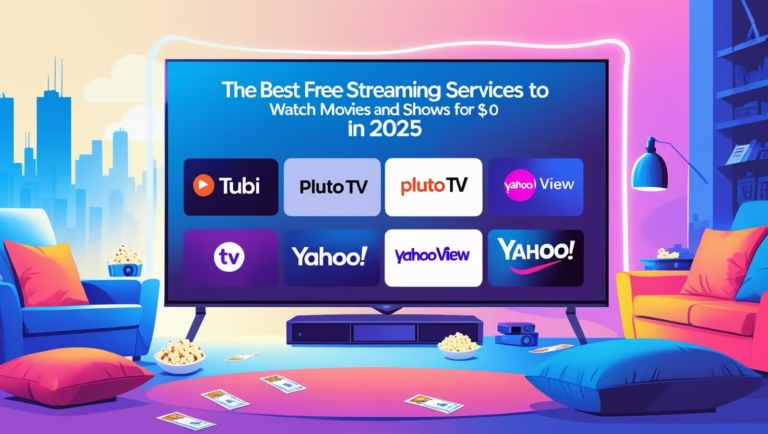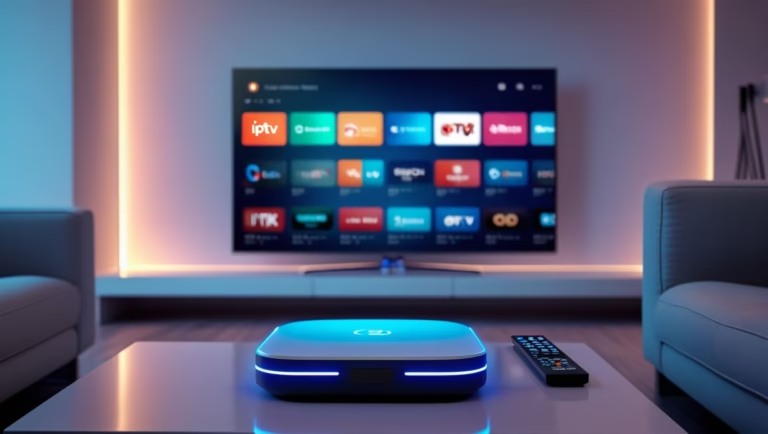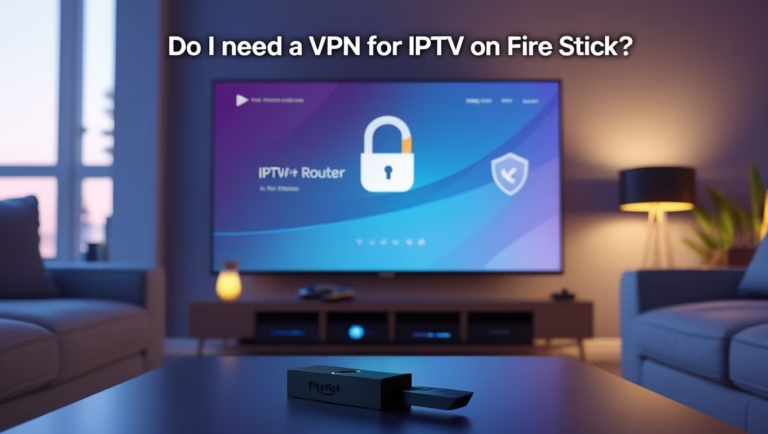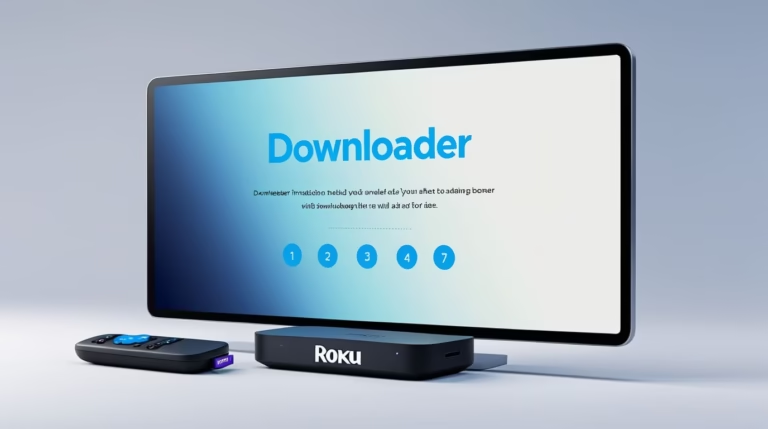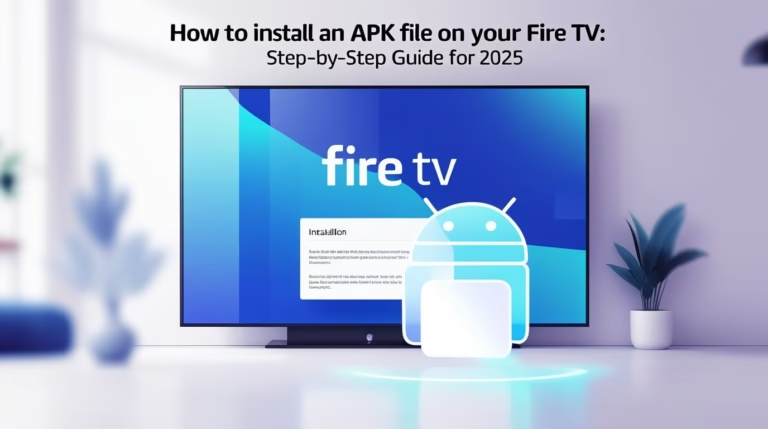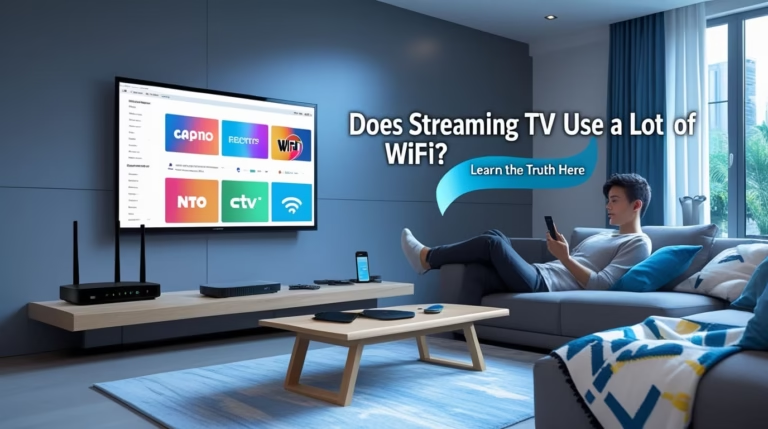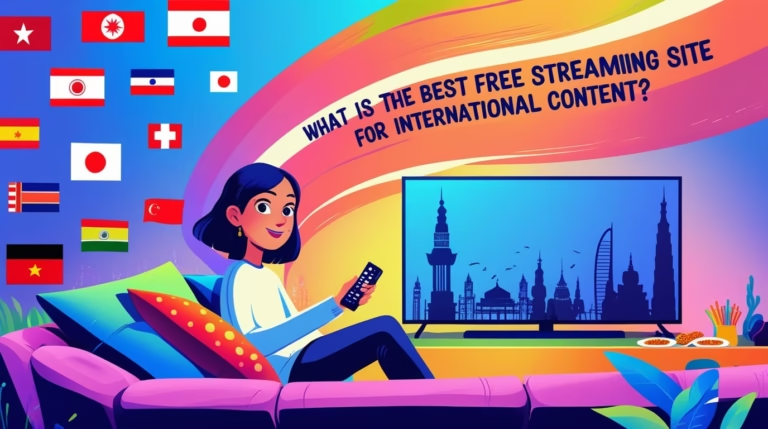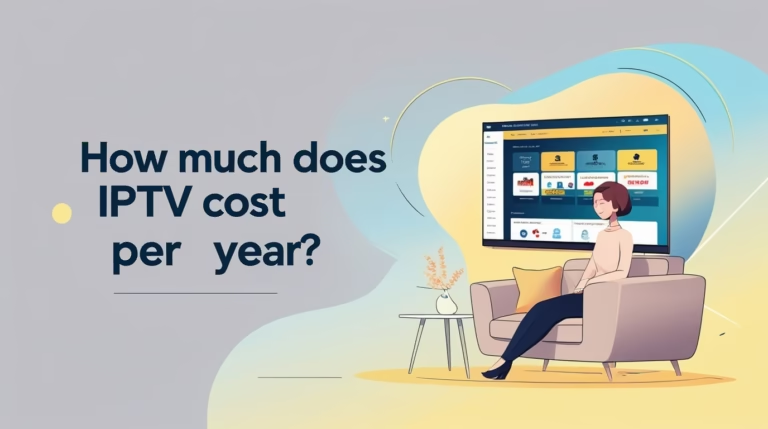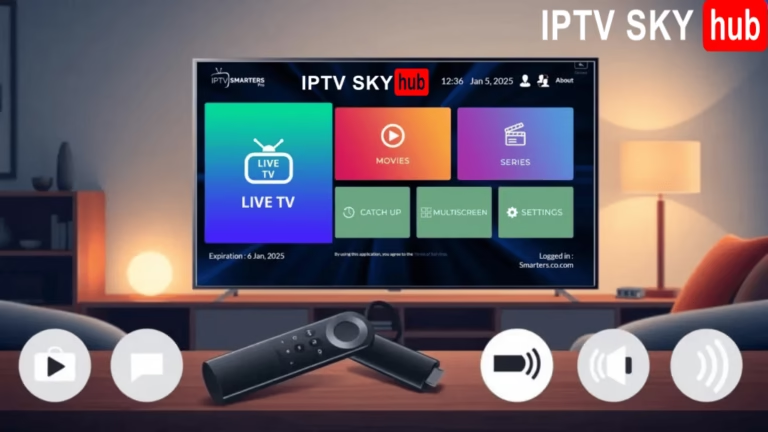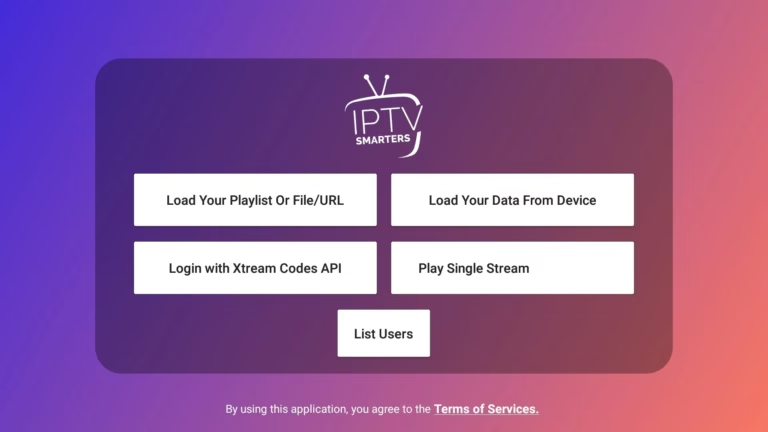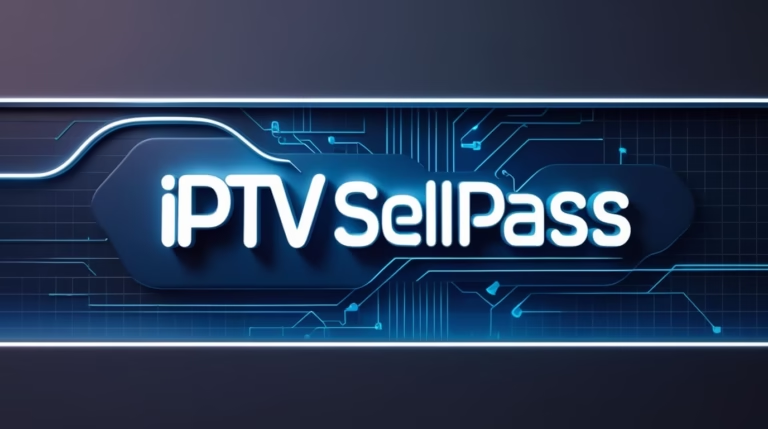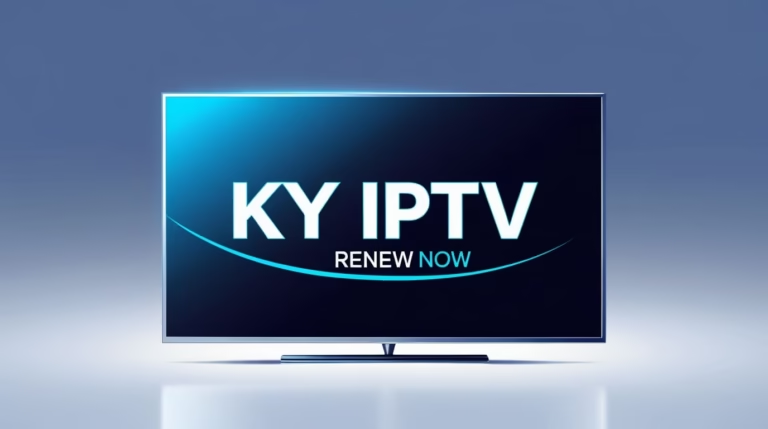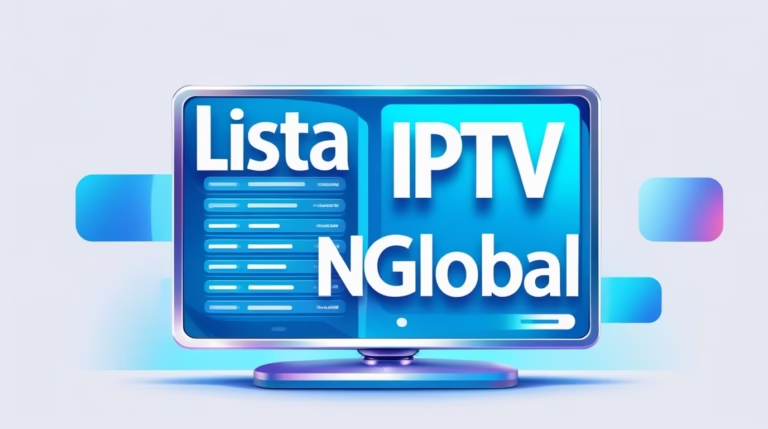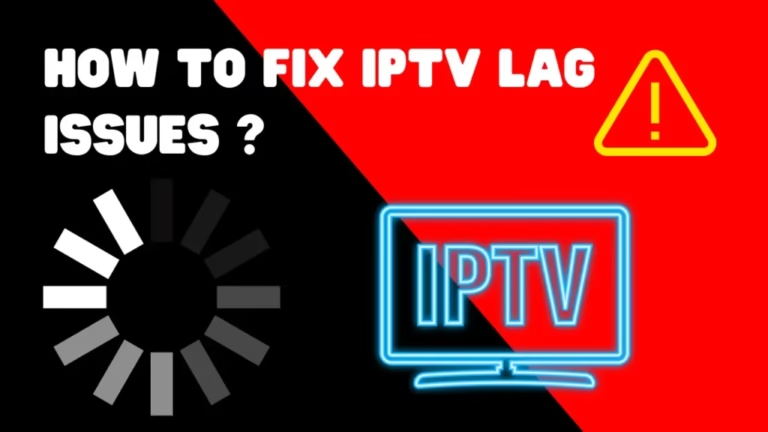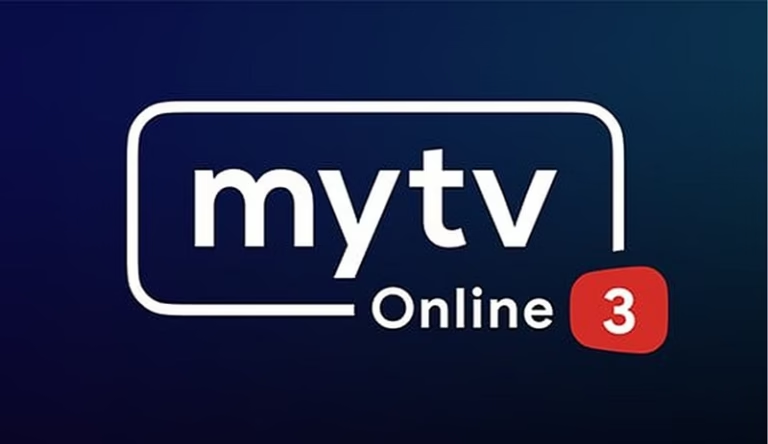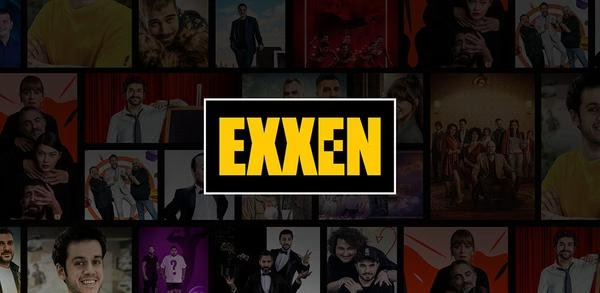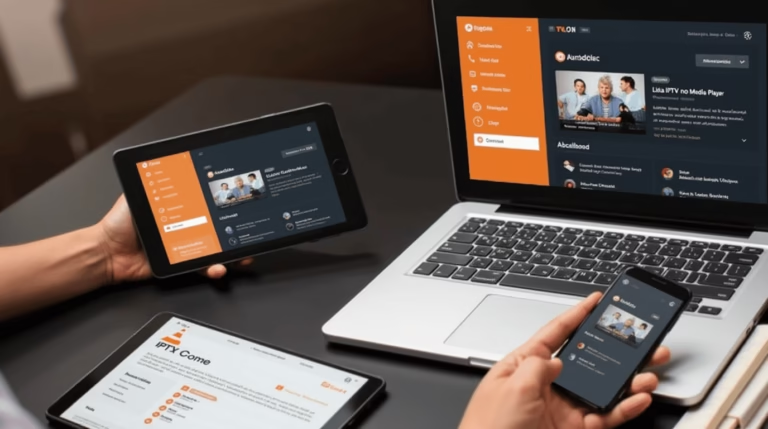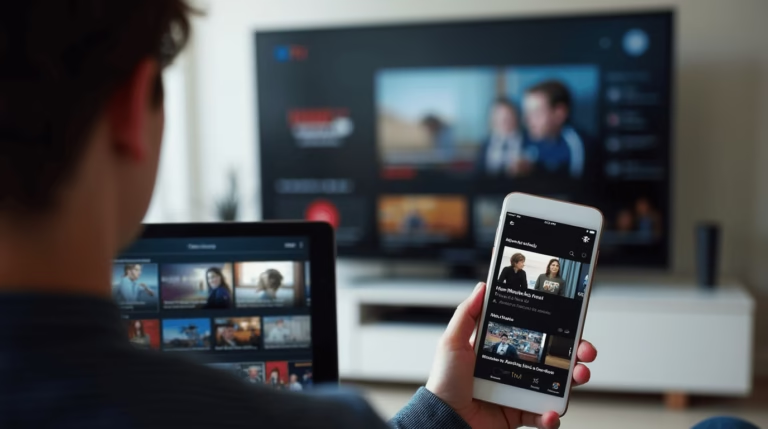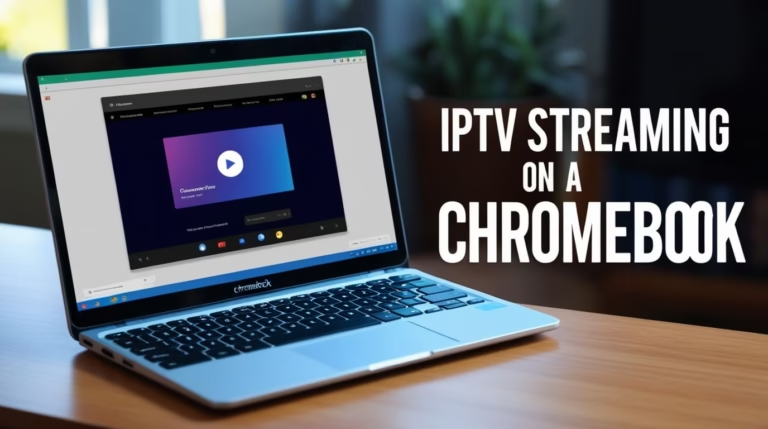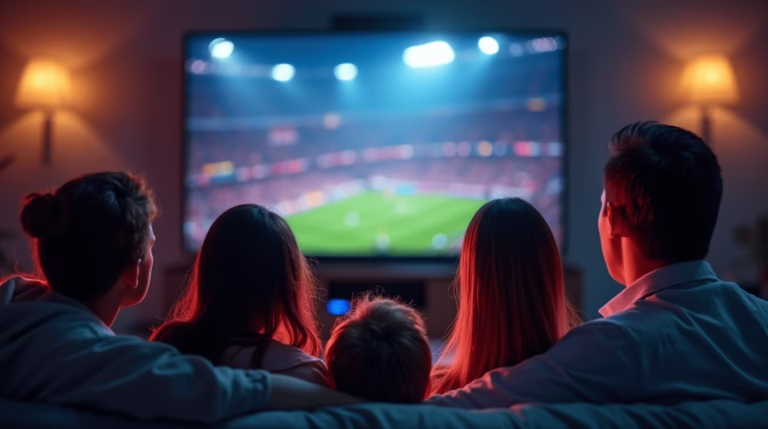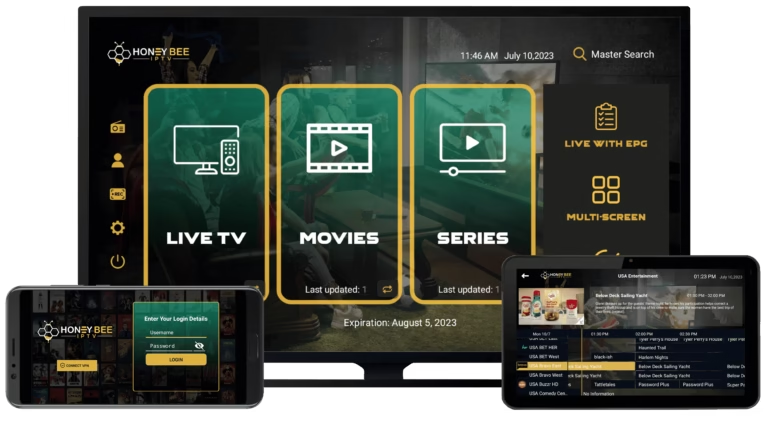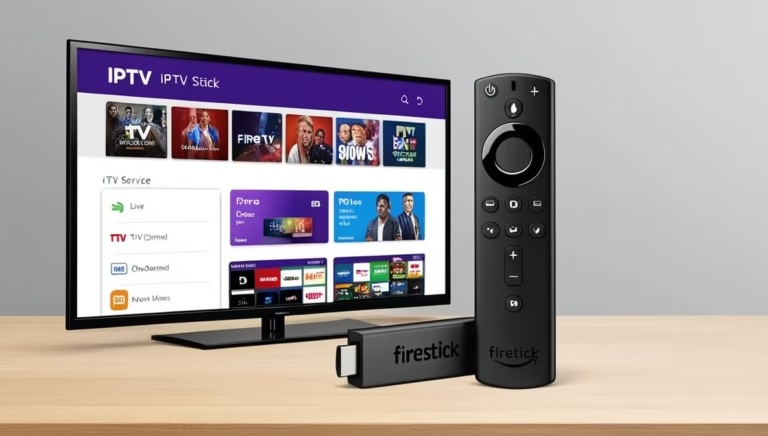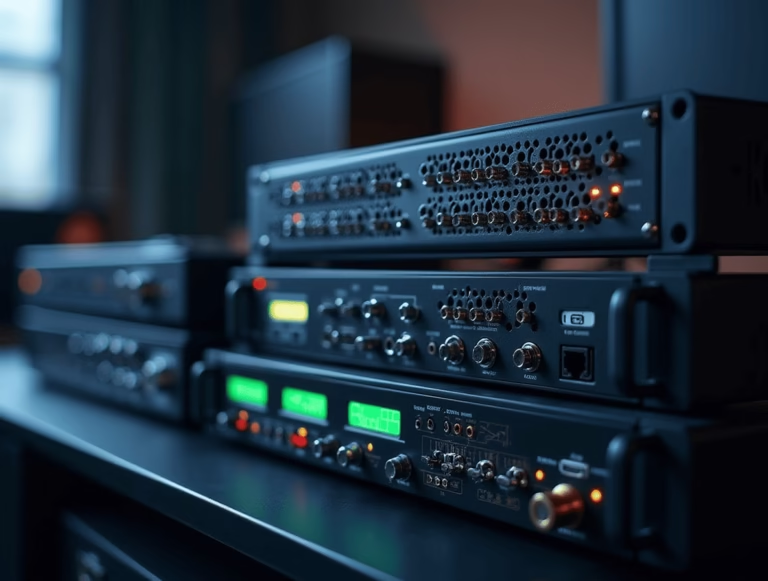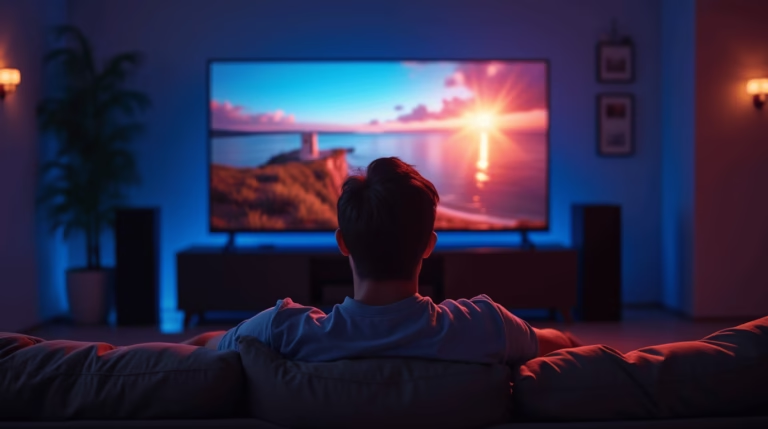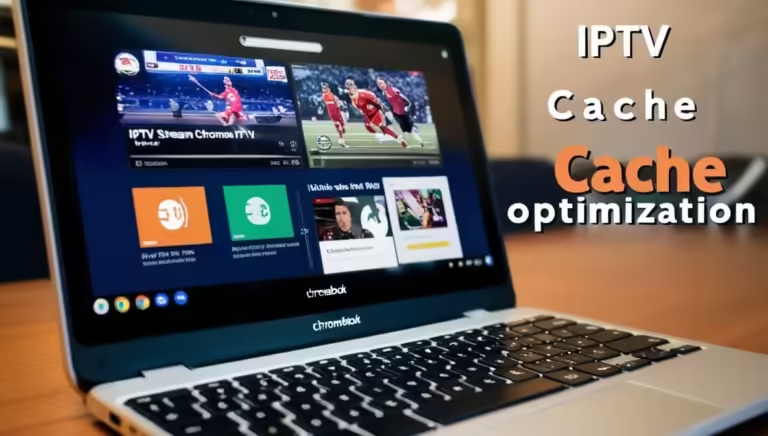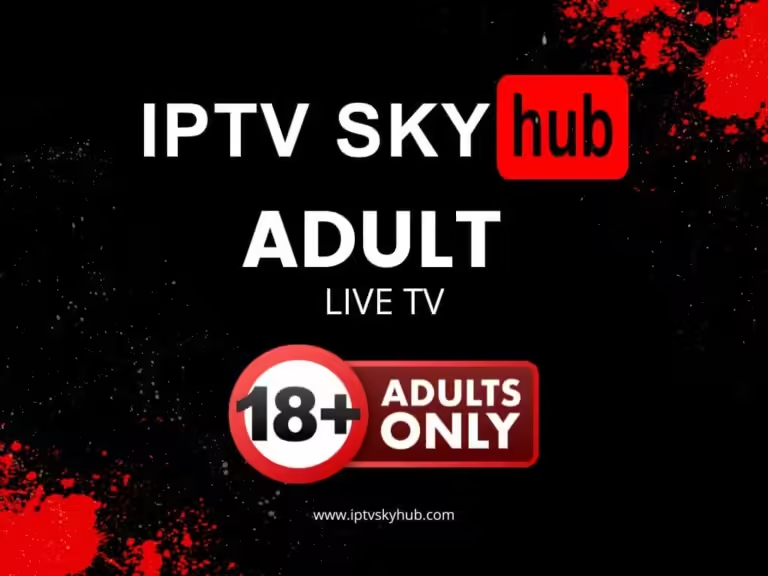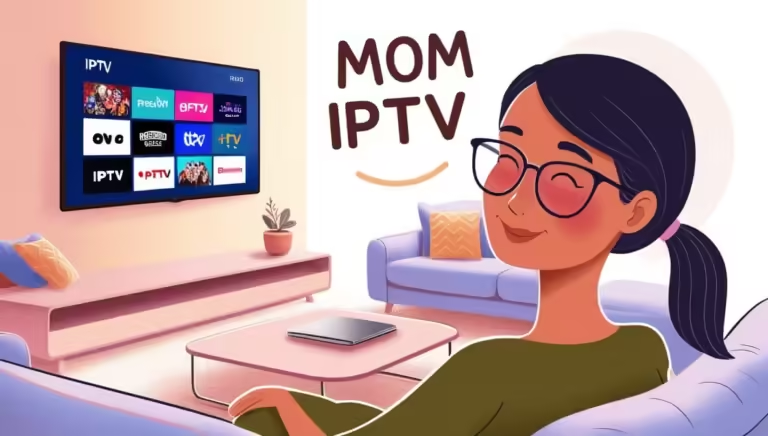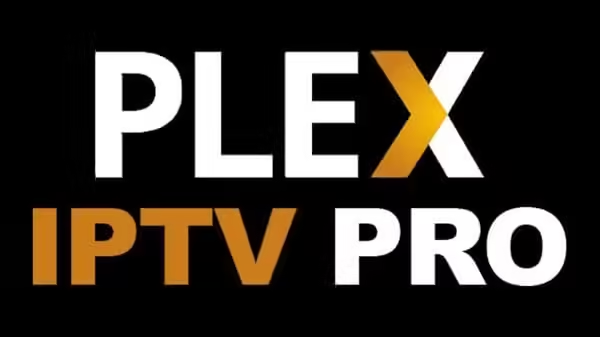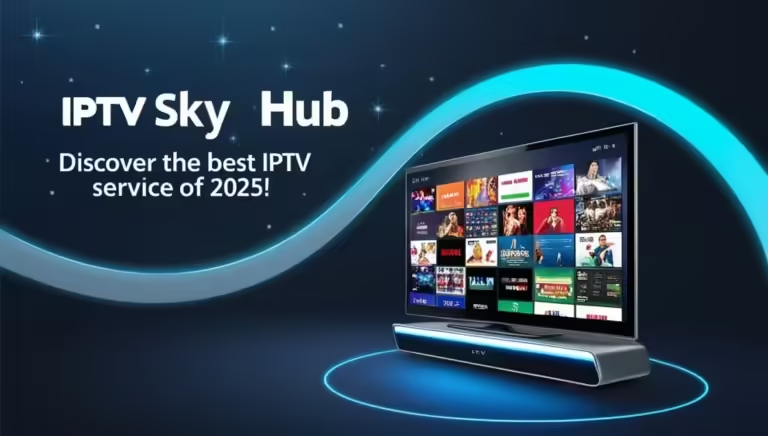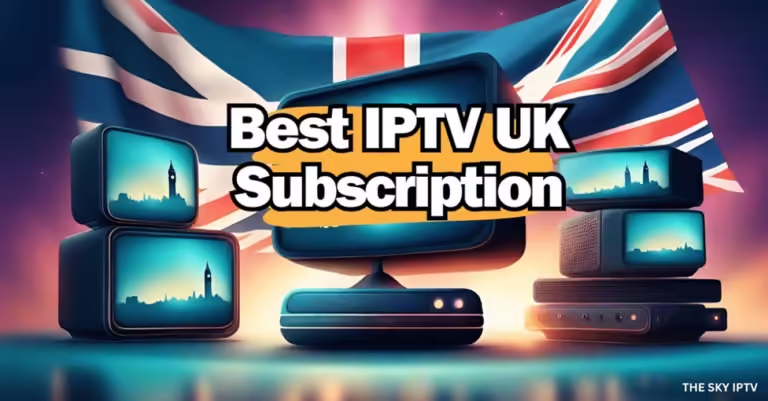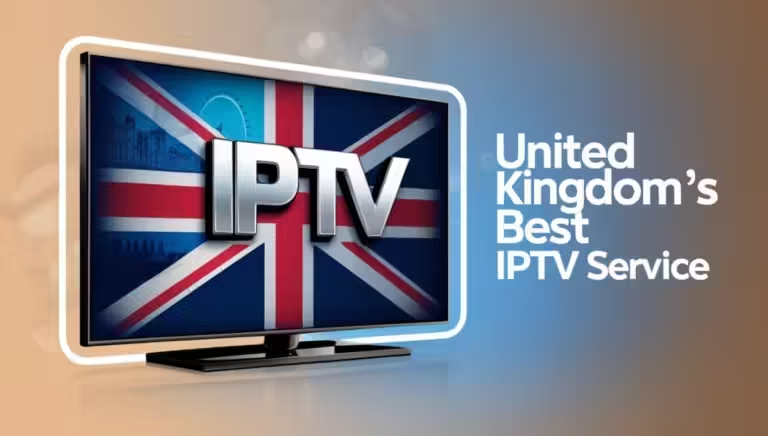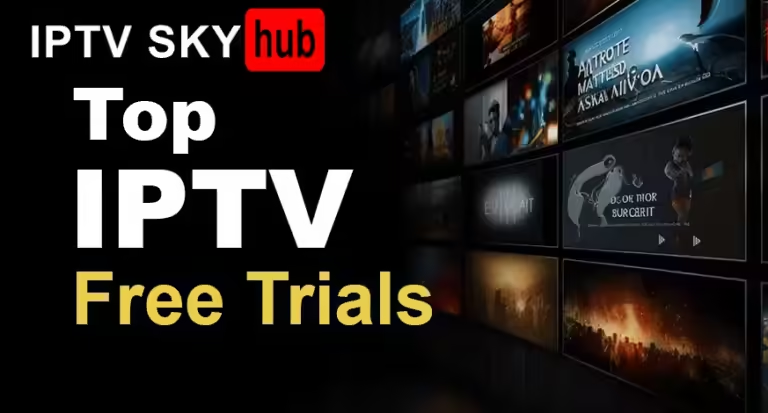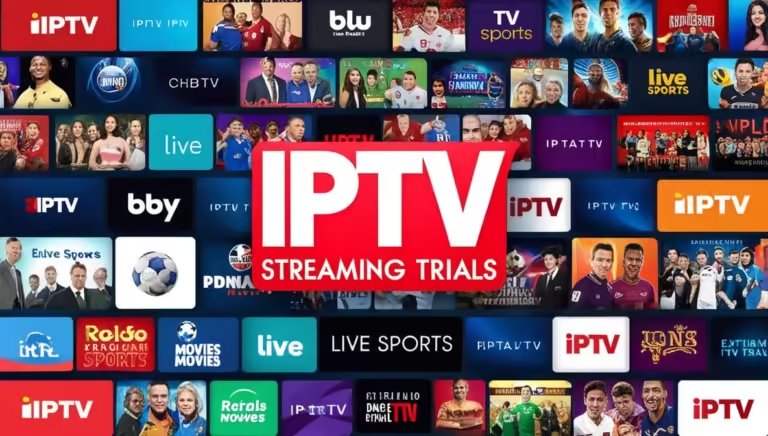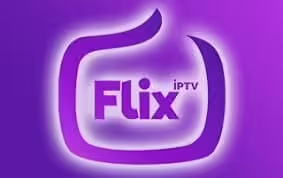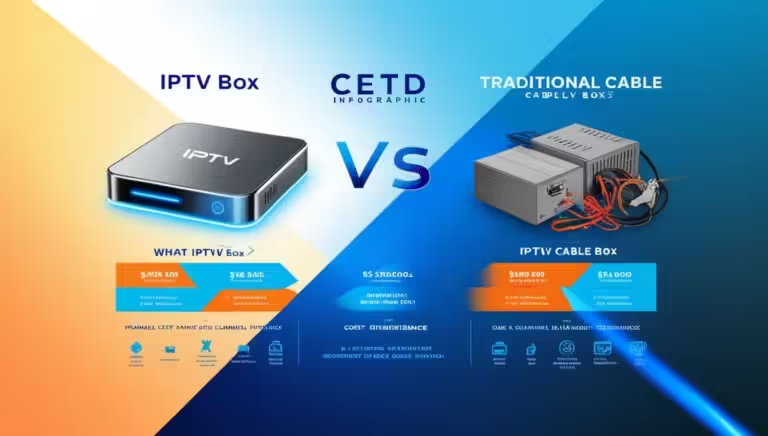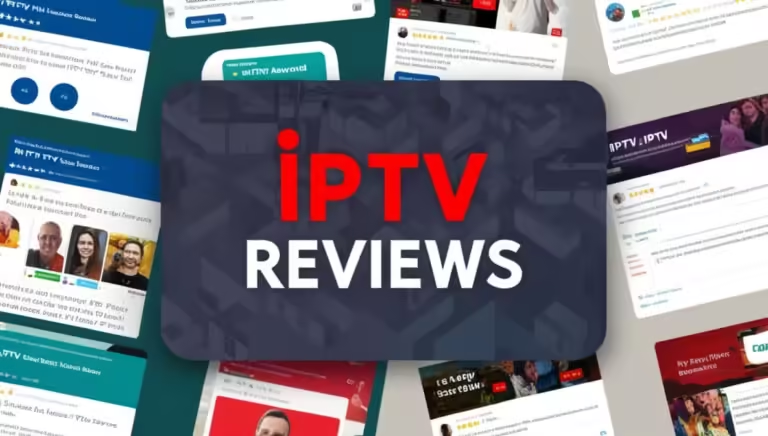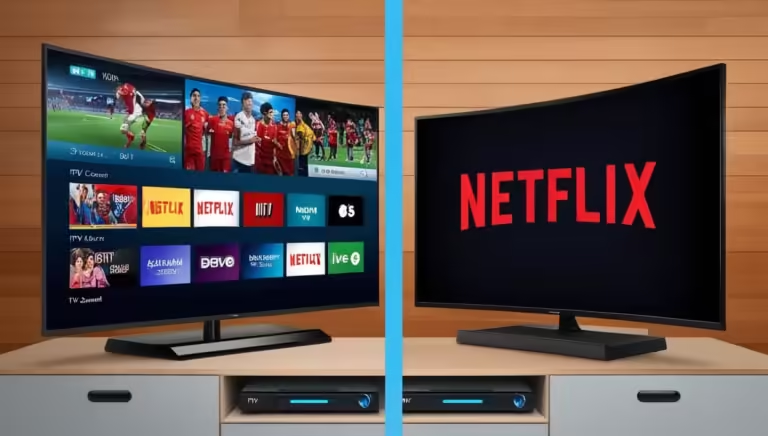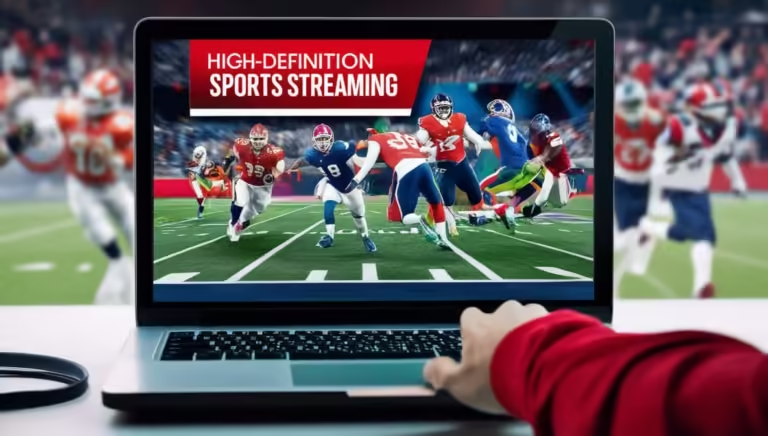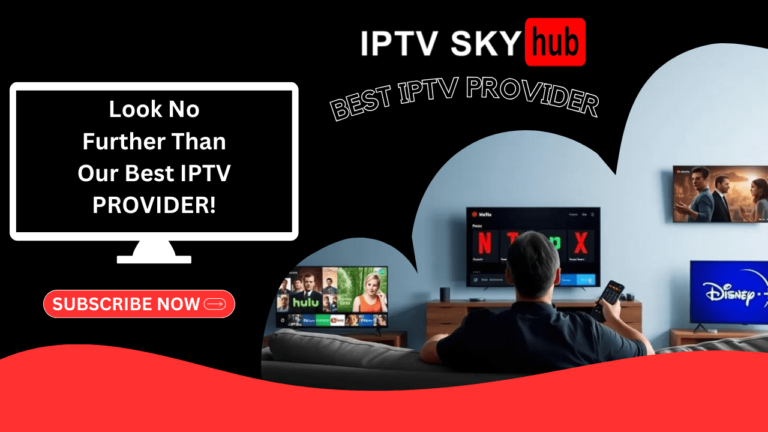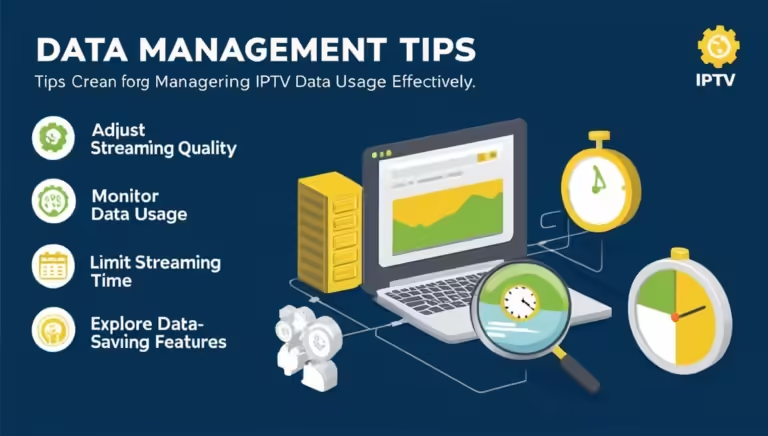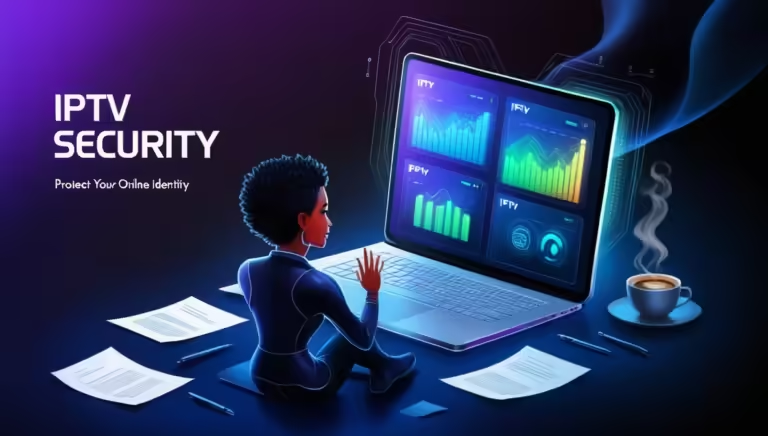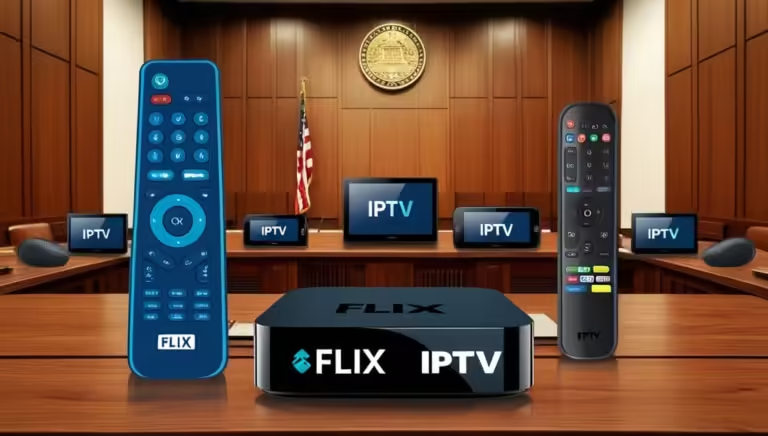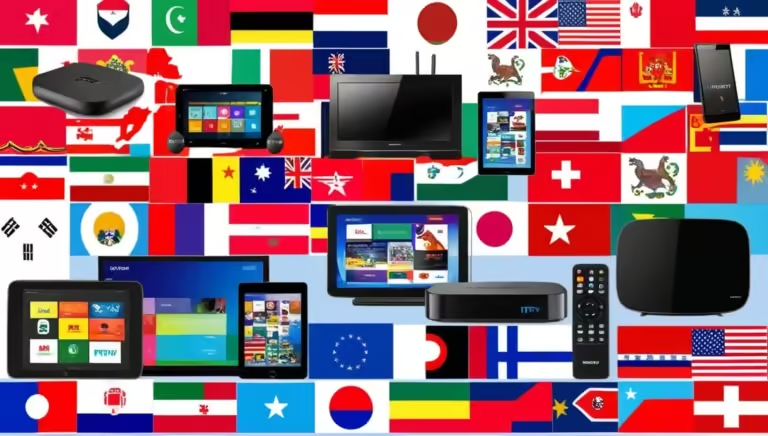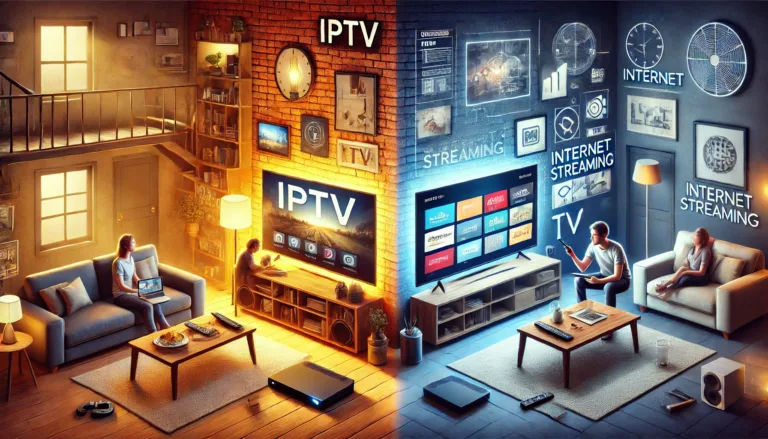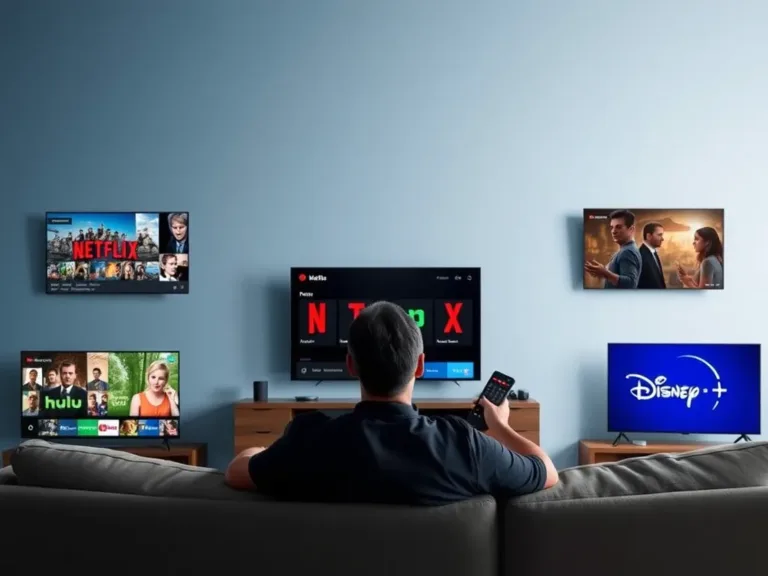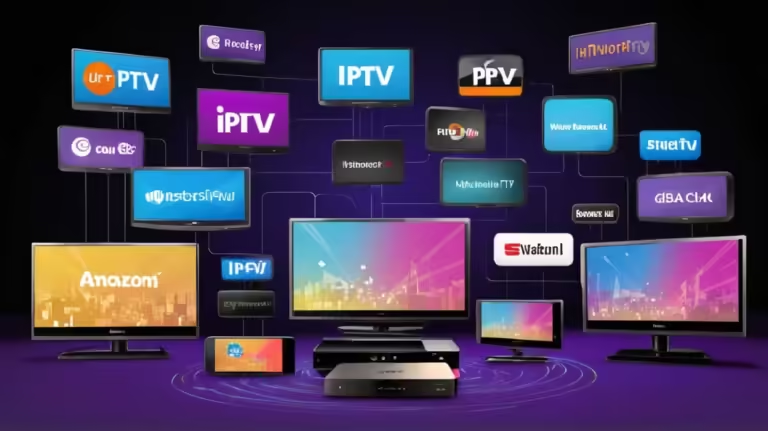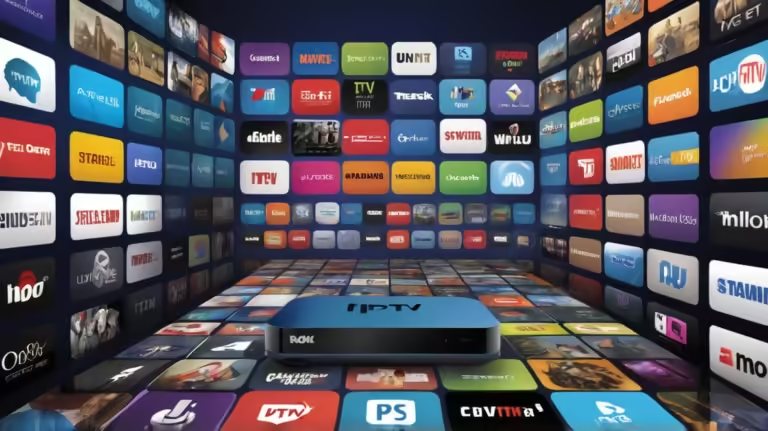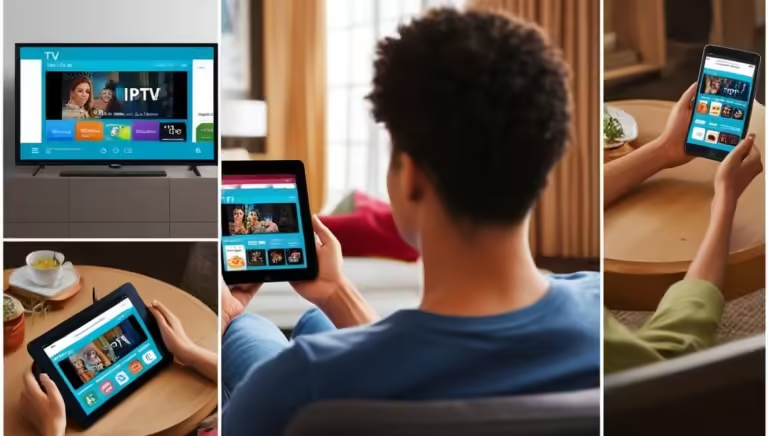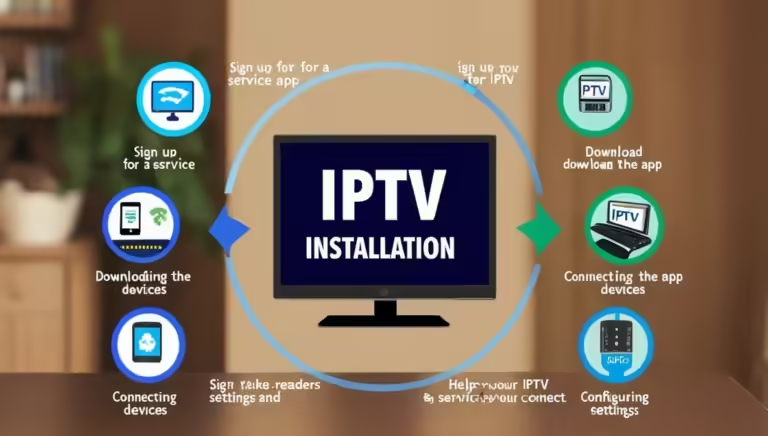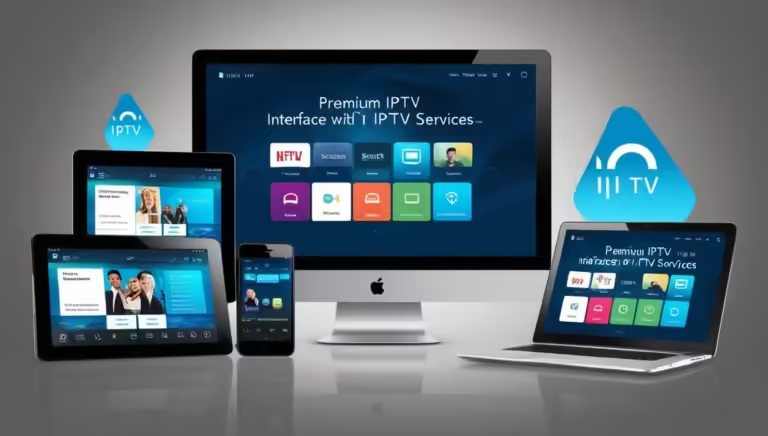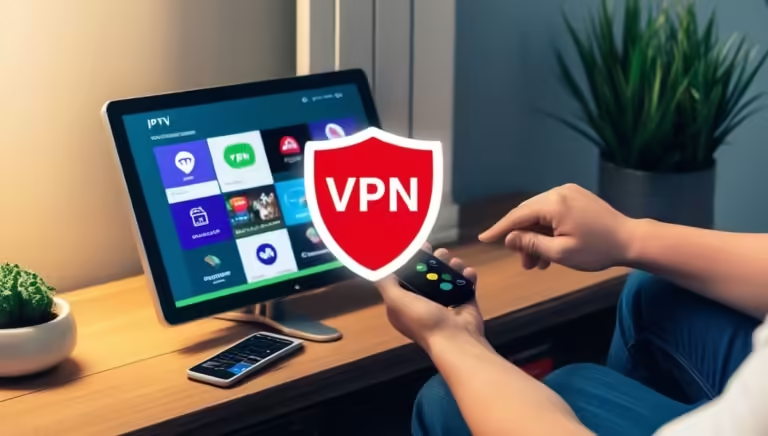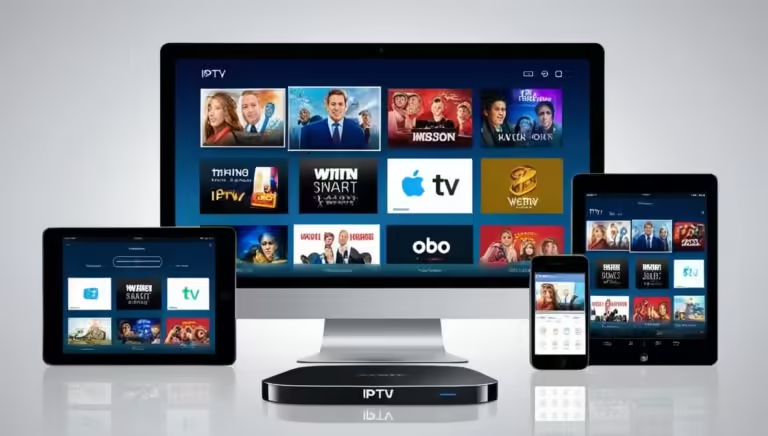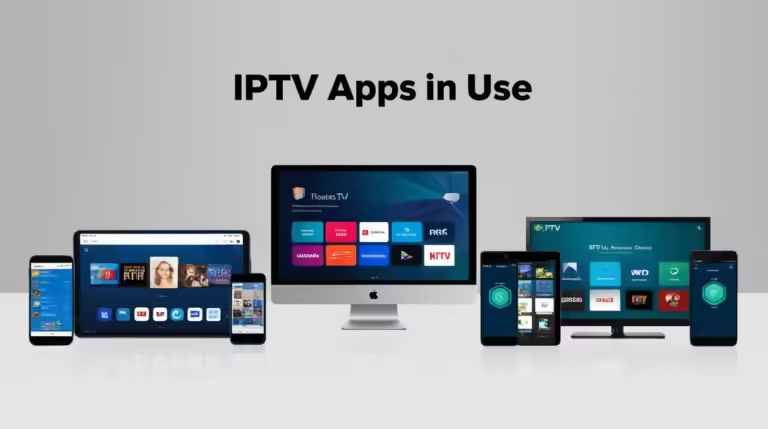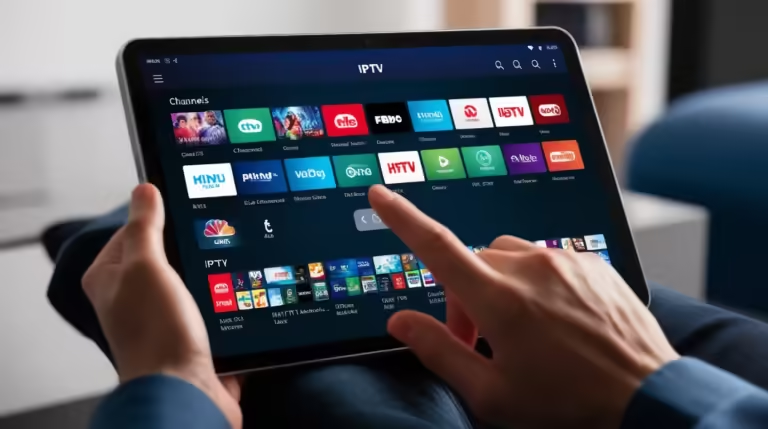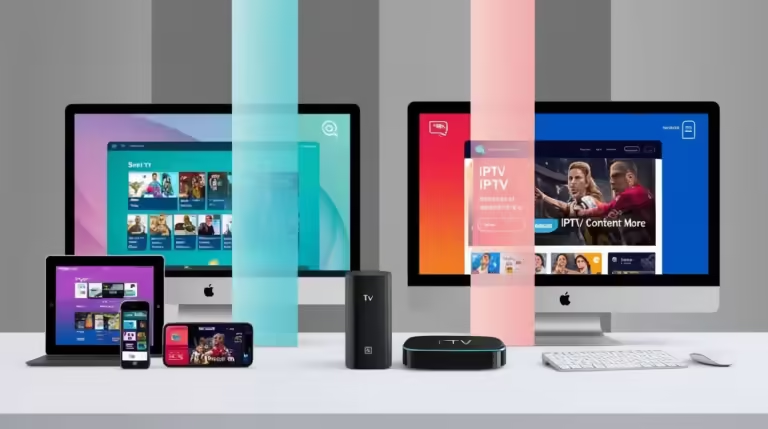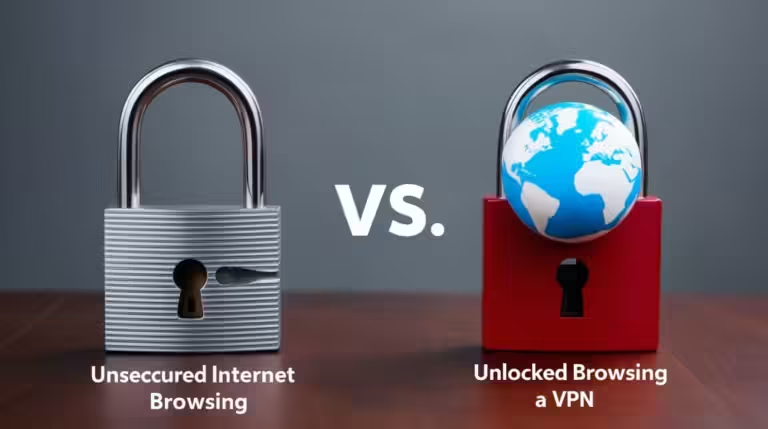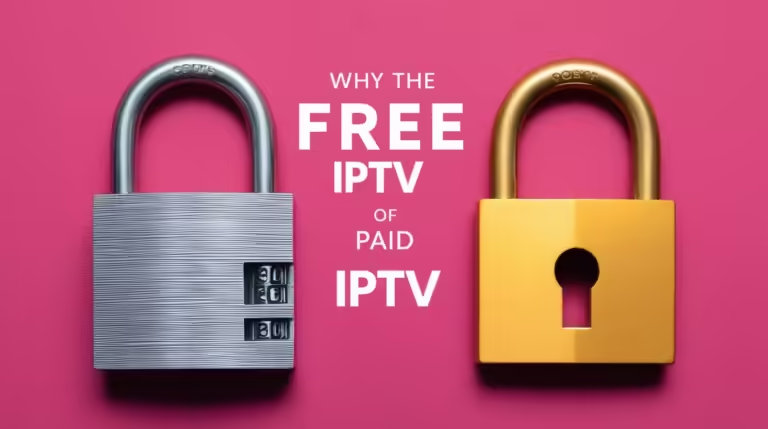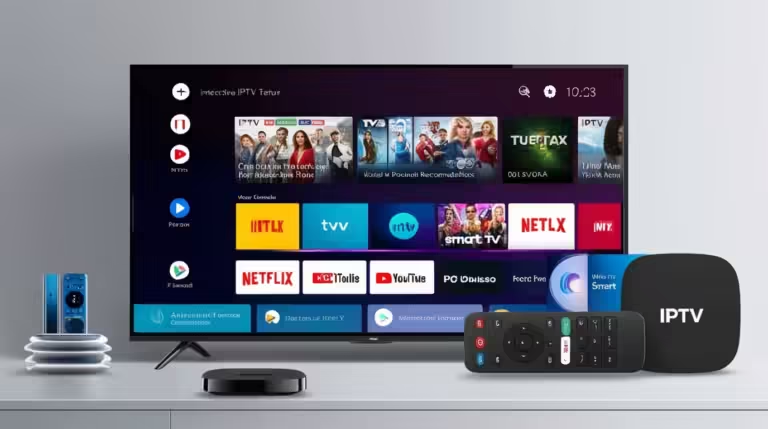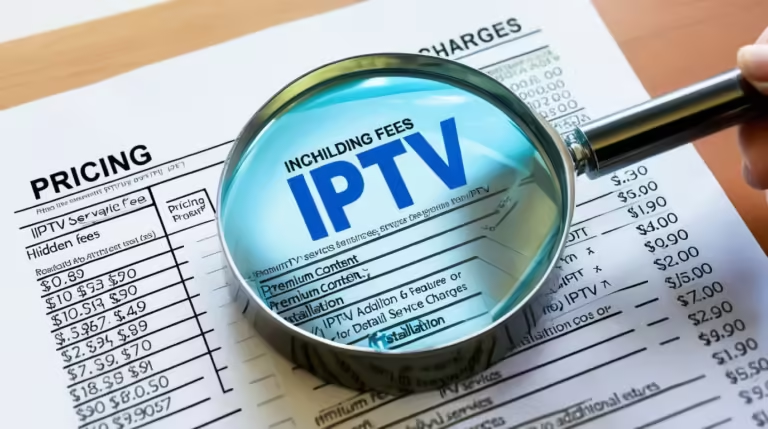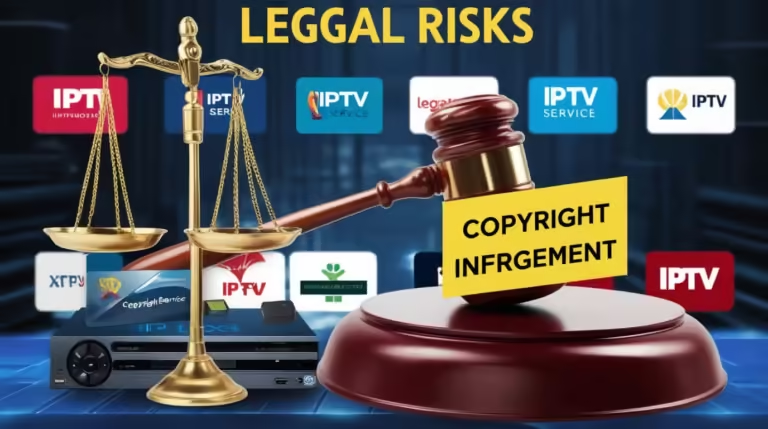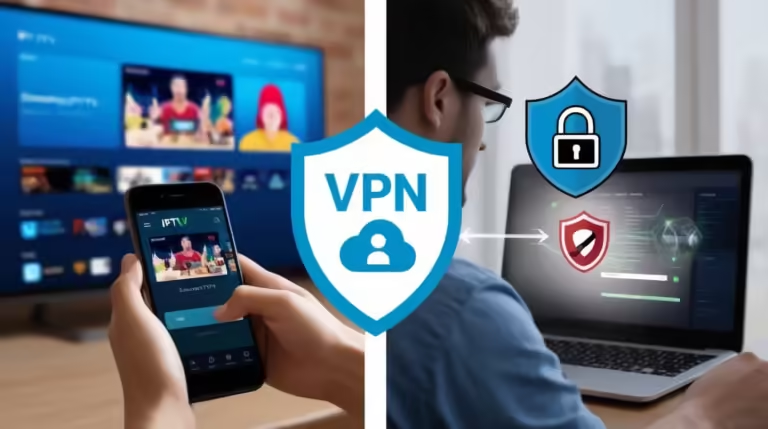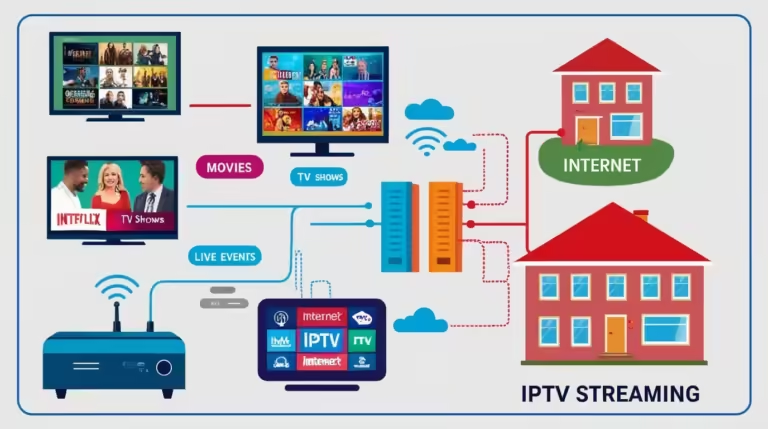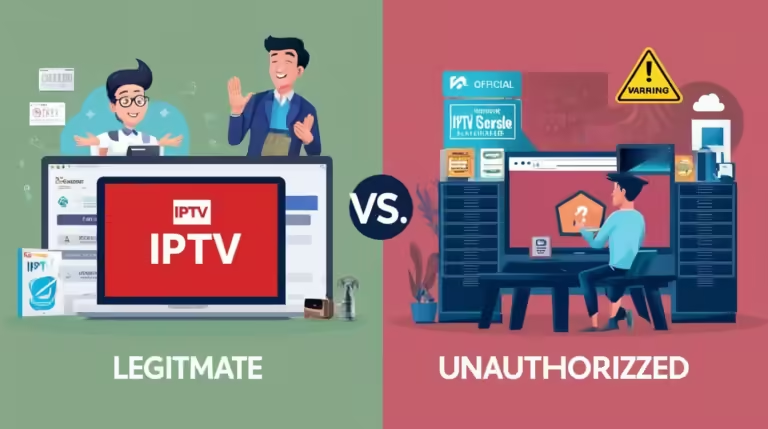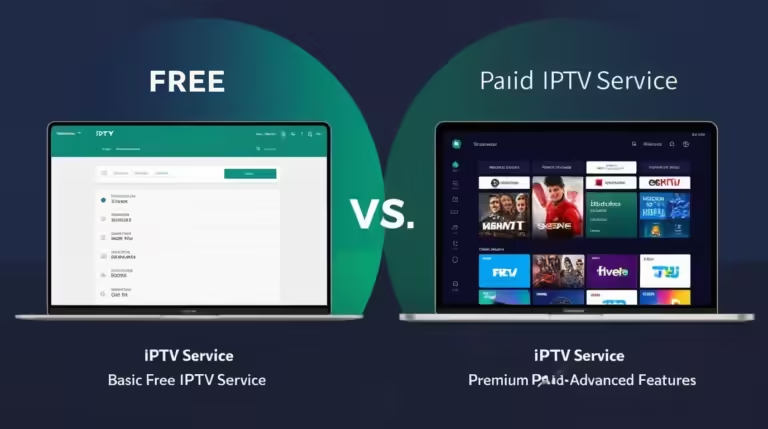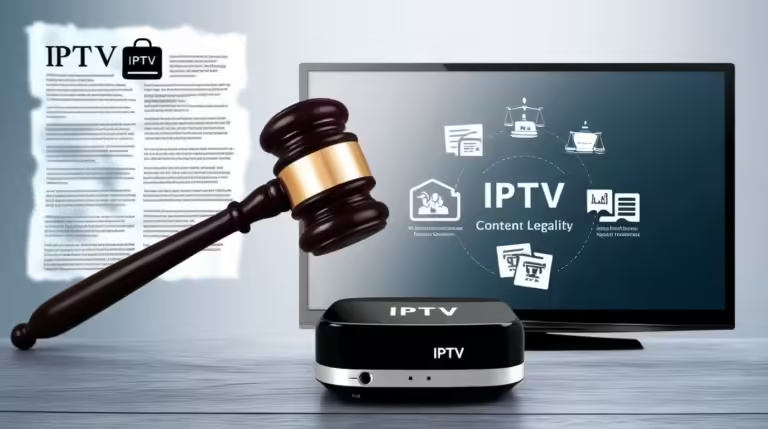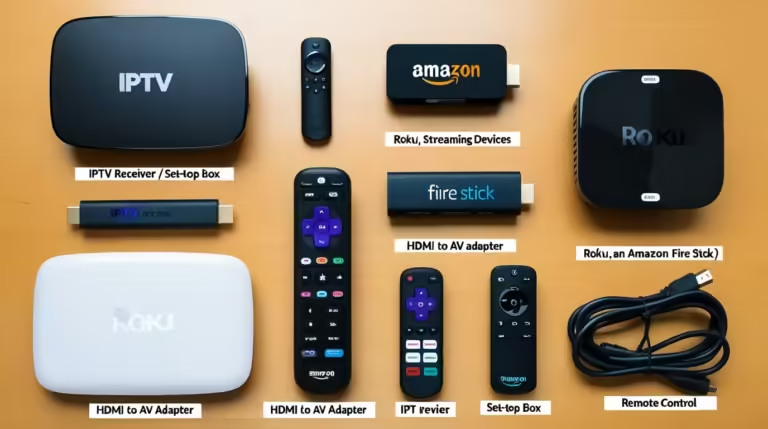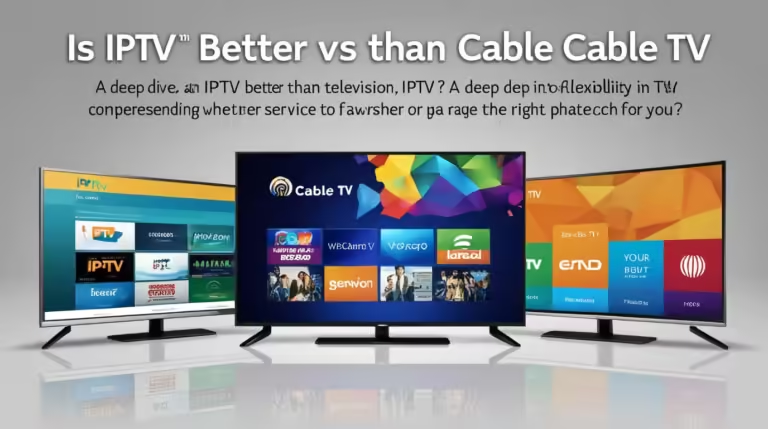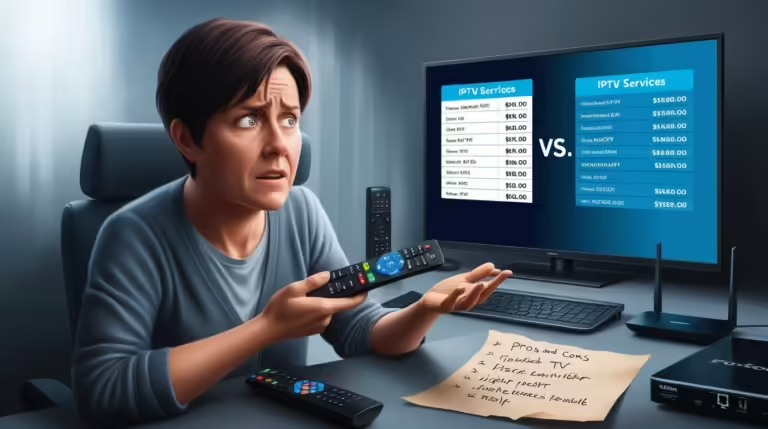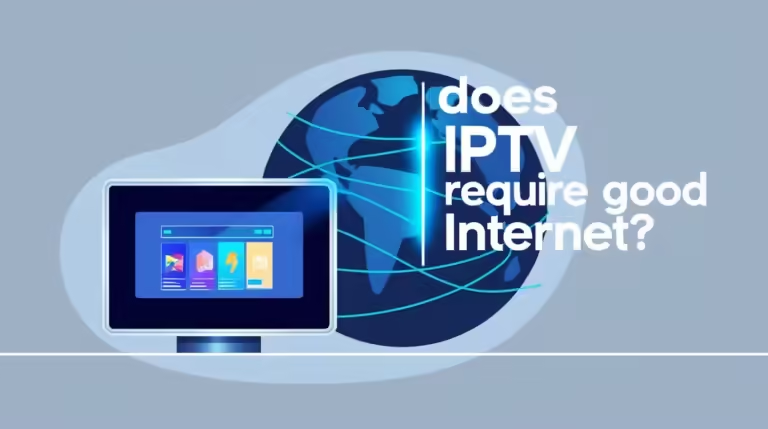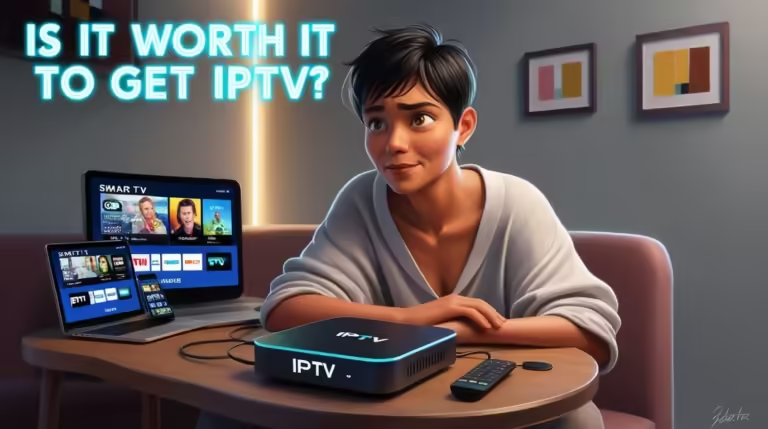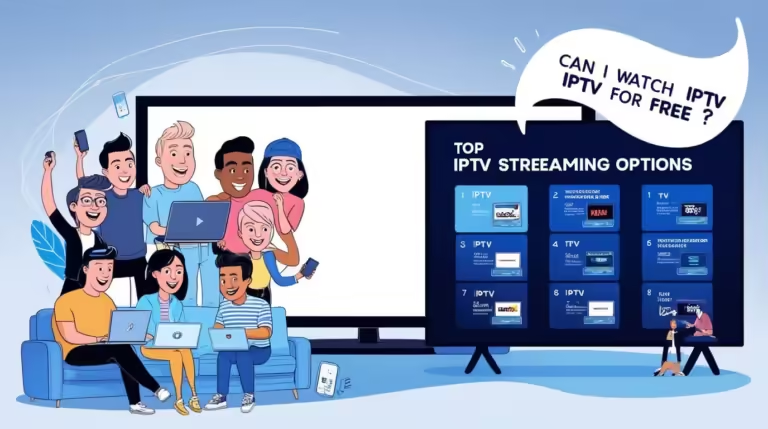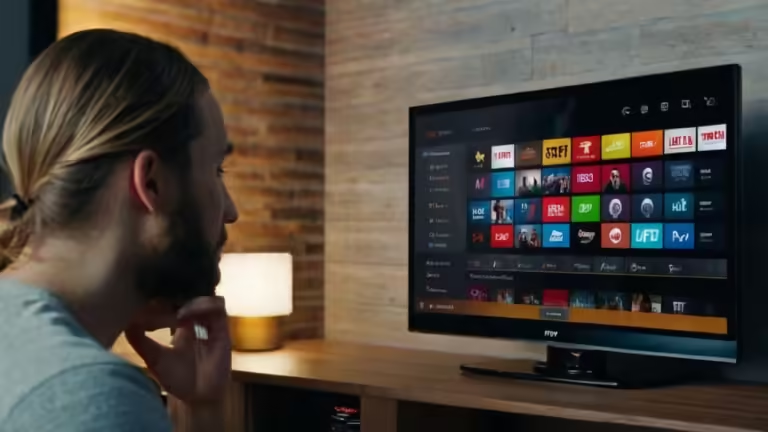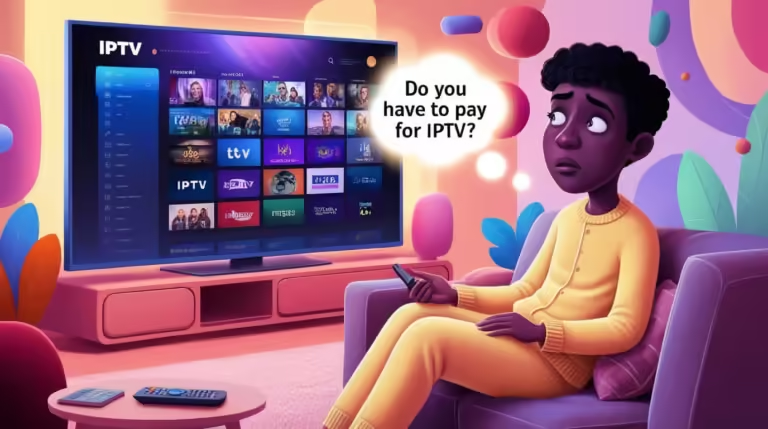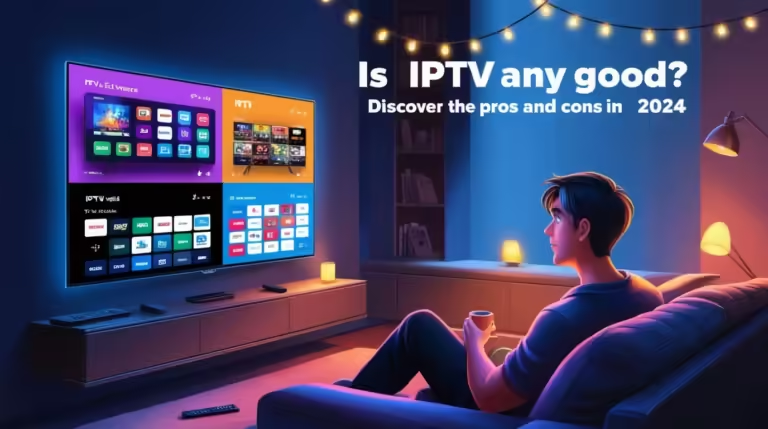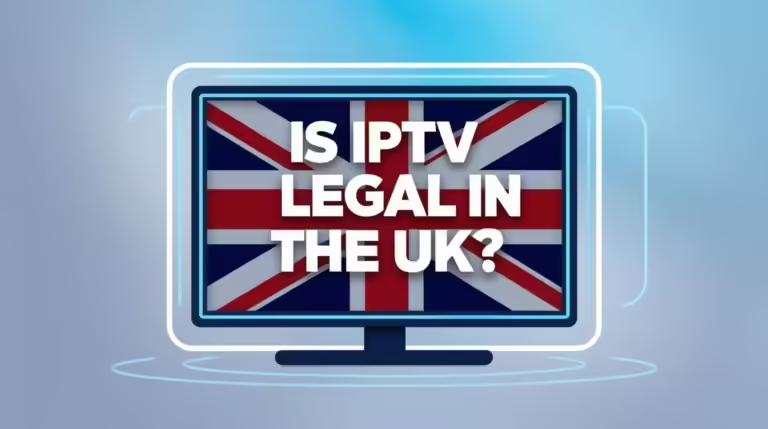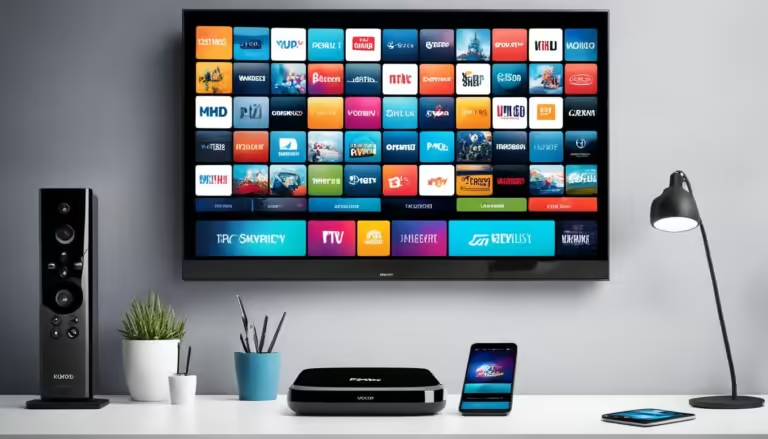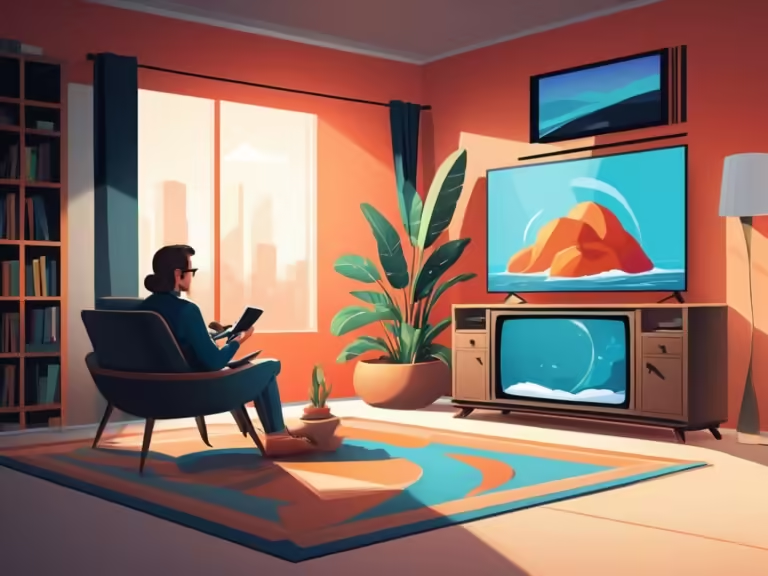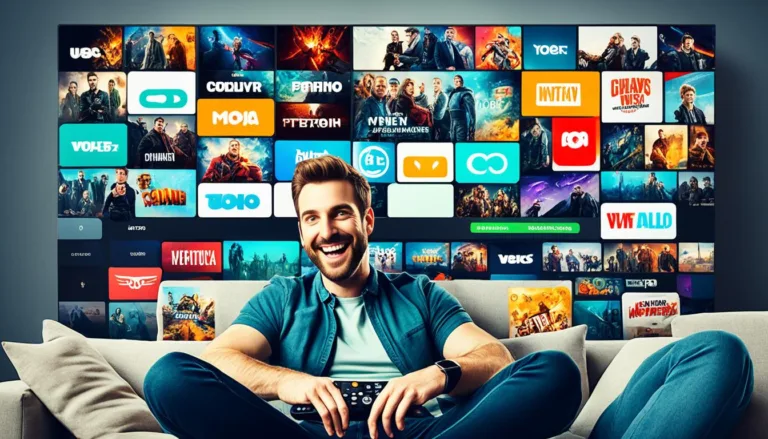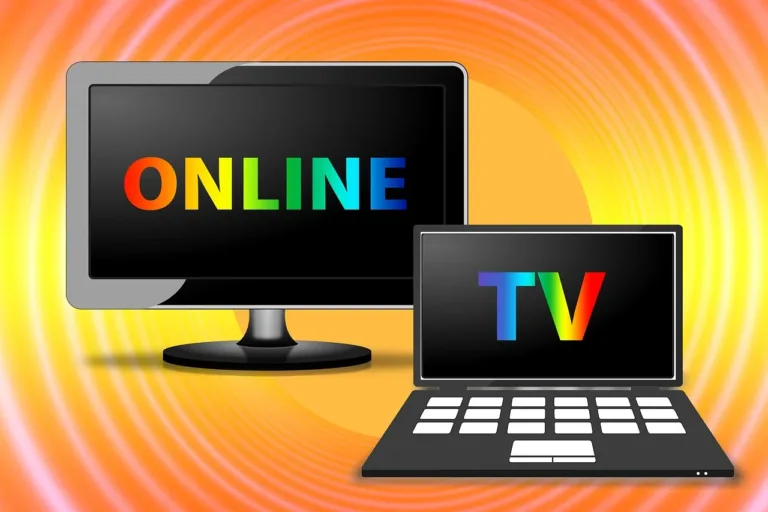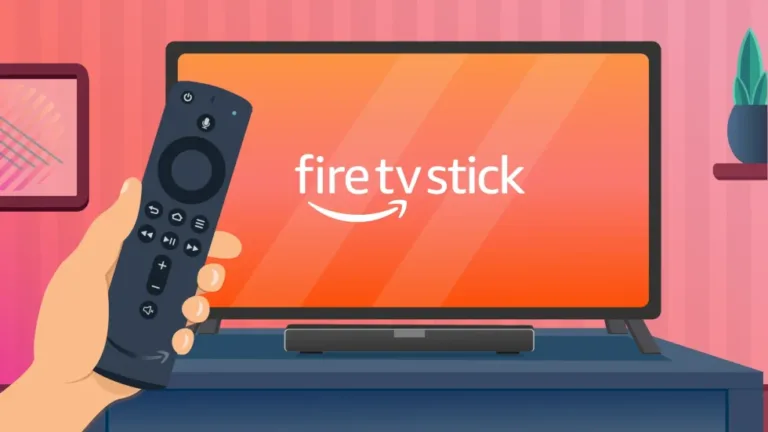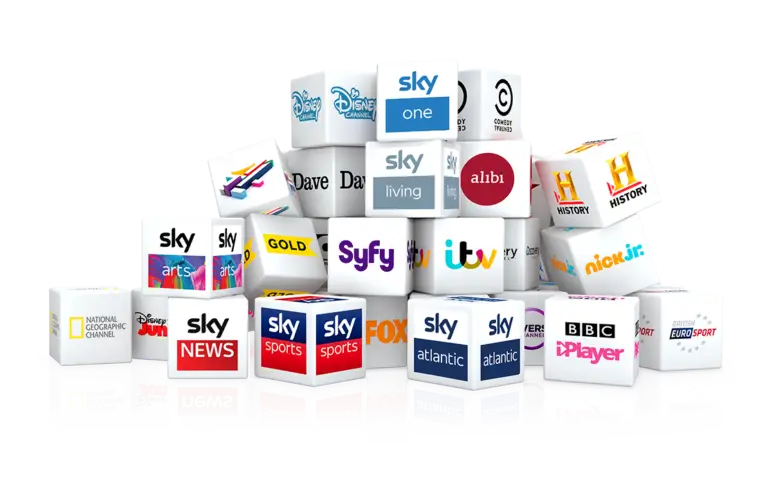Introduction
The question “Do you need a TV Licence in 2025?” is more relevant than ever. With the rise of streaming platforms, on-demand content, and evolving broadcasting regulations, many people are confused about whether they still need to pay for a TV Licence. Traditionally, a TV Licence was mandatory for anyone watching or recording live television in the UK. But what about in 2025? Do Netflix binge-watchers, YouTube enthusiasts, or IPTV users need one?
In this comprehensive guide, we’ll break down everything you need to know: who needs a TV Licence in 2025, what it covers, whether streaming services are included, the exemptions you might qualify for, and what happens if you skip paying.
By the end of this article, you’ll have a crystal-clear understanding of the TV Licence rules in 2025, so you can stay legal and avoid fines while enjoying your favorite shows. Let’s dive in!
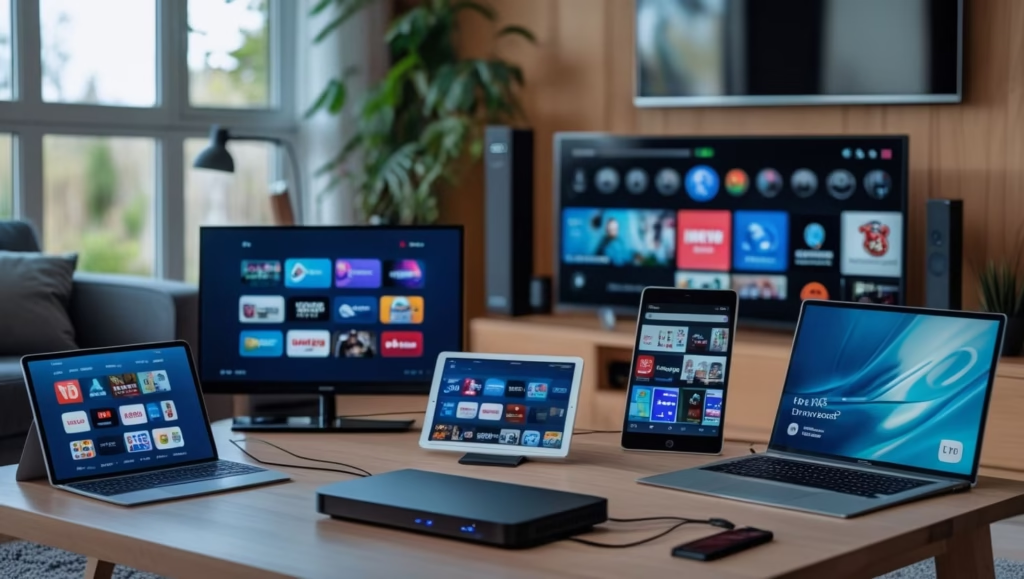
Who Needs a TV Licence in 2025?
If you live in the UK, you may already know that a TV Licence has been a legal requirement for decades. But in 2025, things have evolved. Here’s the golden rule: you need a TV Licence if you watch or record live TV broadcasts on any device, or if you use BBC iPlayer.
This applies whether you watch on:
- A traditional TV set
- A laptop or desktop computer
- A tablet or smartphone
- A smart TV or IPTV device
The definition of “live TV” remains the same: any program being shown at the same time as it’s broadcast on television. This includes both UK and international channels streamed live.
Key scenarios where you need a TV Licence in 2025:
- Watching or recording live TV from any broadcaster (BBC, ITV, Sky, or even international channels).
- Using BBC iPlayer for any content—live or on-demand.
- Streaming live TV through IPTV apps or other online services.
If you only watch on-demand content from platforms like Netflix, Amazon Prime, Disney+, or YouTube (non-live), then you typically don’t need a TV Licence. But here’s where it gets tricky: if those platforms offer live streams of channels, that changes the game. For example, Amazon Prime’s live sports events may require you to have a licence.
Why This Still Matters in 2025
With the growing popularity of IPTV and smart streaming solutions, it’s easy to assume the TV Licence is a relic of the past. But regulators are strict, and the rules still apply—even if you never touch a traditional TV aerial. If you watch live events like football matches, news broadcasts, or live concerts online, you must have a TV Licence.
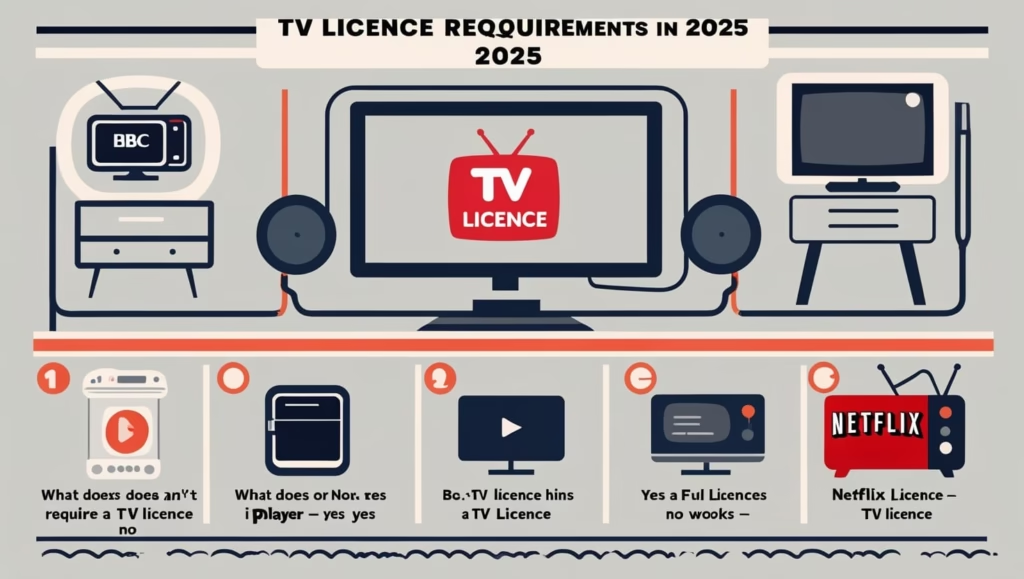
What Is a TV Licence and How Does It Work?
The TV Licence is essentially a legal permit that allows you to watch or record live television broadcasts in the UK. The revenue collected from TV Licences funds the BBC, enabling it to provide programming without traditional advertising. In 2025, the cost of a standard colour TV Licence is £159 per year, and a black-and-white licence (yes, it still exists) is £53.50 per year.
How does it work?
- You pay the fee annually, monthly, or weekly, depending on your chosen plan.
- The money funds BBC services like BBC One, BBC Two, BBC iPlayer, BBC Radio, and other platforms.
- Enforcement officers monitor compliance, and technology now helps detect usage without a licence.
Payment options in 2025:
- Direct Debit – Spread the cost monthly.
- Quarterly Payments – Slightly higher due to admin fees.
- One-Off Payment – Pay for the entire year upfront.
What Does the TV Licence Cover?
- Watching live TV on any channel in the UK or abroad.
- Using BBC iPlayer for any content, live or on-demand.
- Streaming live events on platforms like Sky Go, NOW TV, or even YouTube.
If you own multiple devices (TV, laptop, tablet), one TV Licence per household covers them all. Businesses, however, need a separate licence if they show live broadcasts.
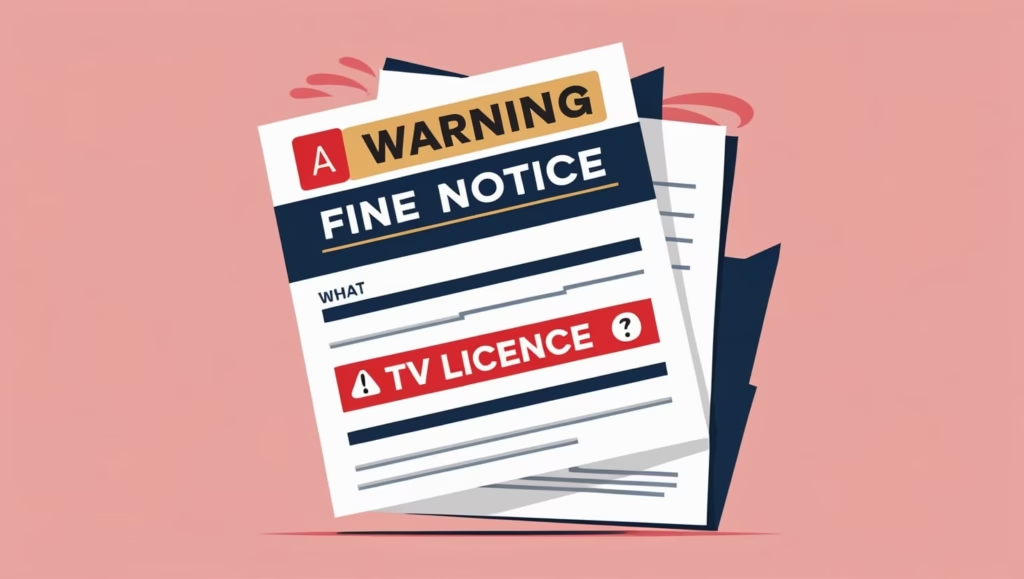
Do You Need a TV Licence for Streaming Services?
This is the big question in 2025. The short answer: it depends on how you use the service.
You do NOT need a TV Licence if:
- You only watch on-demand, pre-recorded content (e.g., Netflix, Disney+, Amazon Prime Video).
- You watch YouTube videos that are not live streams.
You DO need a TV Licence if:
- You watch live TV broadcasts on any streaming service (e.g., live sports on Amazon Prime).
- You use BBC iPlayer for live or catch-up programs.
Streaming services have become a huge grey area. For instance, Netflix traditionally offers on-demand content only—but if it ever introduces live channels, you’d need a licence. Similarly, IPTV services often include live channels, which means you must pay for a licence to stay legal.
Pro Tip: If you only use your TV for gaming, DVDs, or streaming on-demand services without live broadcasts, you can legally avoid paying for a TV Licence. Just be ready to prove it if inspectors ask.
TV Licence Exemptions in 2025: Who Doesn’t Have to Pay?
Not everyone needs to pay for a TV Licence in 2025. There are several exemptions and discounts:
- Over-75s on Pension Credit – You can apply for a free TV Licence.
- Blind or Severely Sight-Impaired – 50% discount on the licence fee.
- Care Homes and Sheltered Housing – Reduced cost licences.
- Students Away from Home – If your home address has a licence, you may not need a separate one.
- People Who Don’t Watch Live TV or BBC iPlayer – You can legally opt out, but you must declare it.
Important: Declaring that you don’t need a TV Licence doesn’t mean you’ll never be checked. Enforcement visits and checks still happen, so honesty is essential.
What Happens If You Don’t Have a TV Licence?
Skipping a TV Licence can lead to serious consequences in 2025. Here’s what you risk:
- Fines up to £1,000 (plus legal costs).
- Court Appearance – In extreme cases, you may be prosecuted.
- Criminal Record – Non-payment is technically a criminal offence.
Detection methods have improved. While “detector vans” might sound old-fashioned, modern enforcement uses data tracking, subscription monitoring, and legal checks. If you watch live TV without a licence, the chances of getting caught are higher than ever.
How to Apply for or Cancel Your TV Licence in 2025
Applying for a TV Licence in 2025 is simple:
- Go to the official TV Licensing website (www.tvlicensing.co.uk).
- Choose your payment plan (annual, monthly, quarterly).
- Register your household details and complete the payment.
Canceling Your TV Licence:
- Declare that you don’t watch or record live TV and don’t use BBC iPlayer.
- You can request a refund for unused months.
- Be prepared for checks—they may visit to confirm your claim.
Conclusion
So, do you need a TV Licence in 2025? The answer depends on how you watch TV and what platforms you use. If you enjoy live broadcasts or use BBC iPlayer, then yes—you still need one. But if you stick to on-demand content only, you might be exempt.
Understanding the rules helps you avoid hefty fines and stay compliant. Whether you’re a streaming fan, a sports enthusiast, or someone who loves BBC dramas, knowing when you need a TV Licence is essential in today’s evolving media world.
Stay informed, stay legal, and enjoy your favorite shows without worry!

